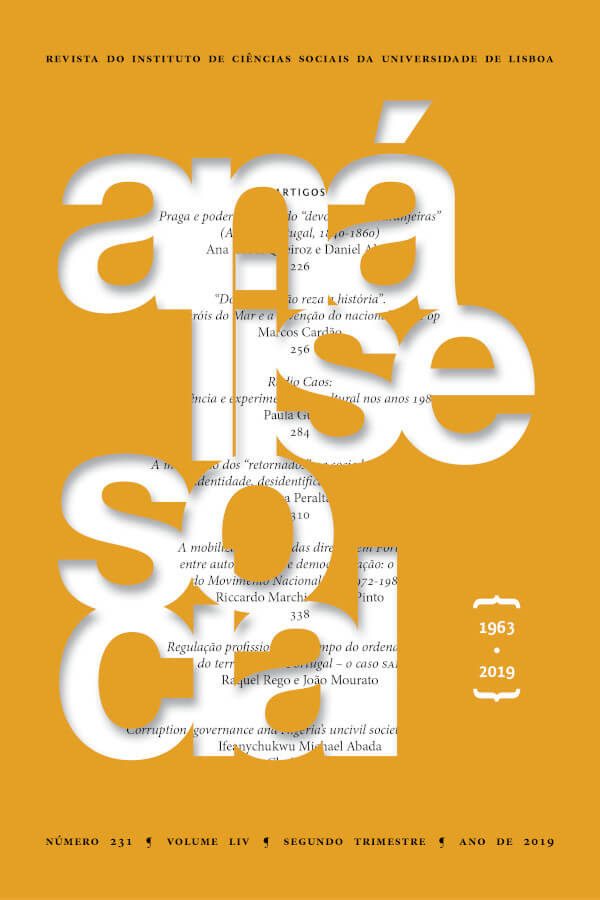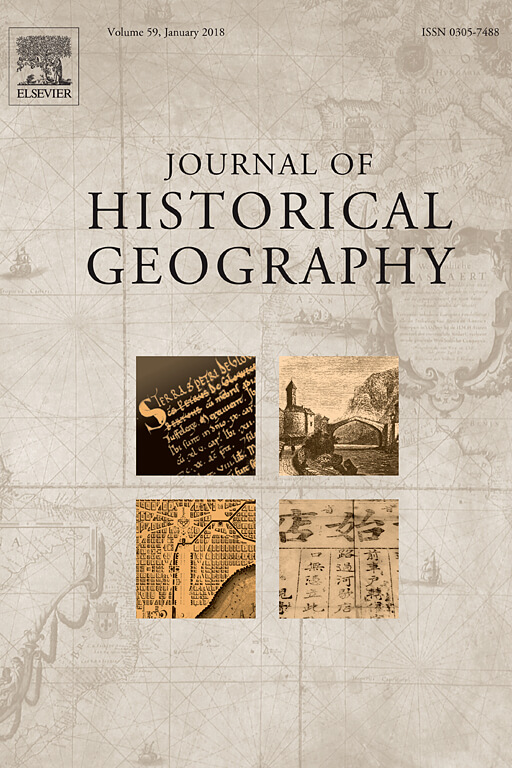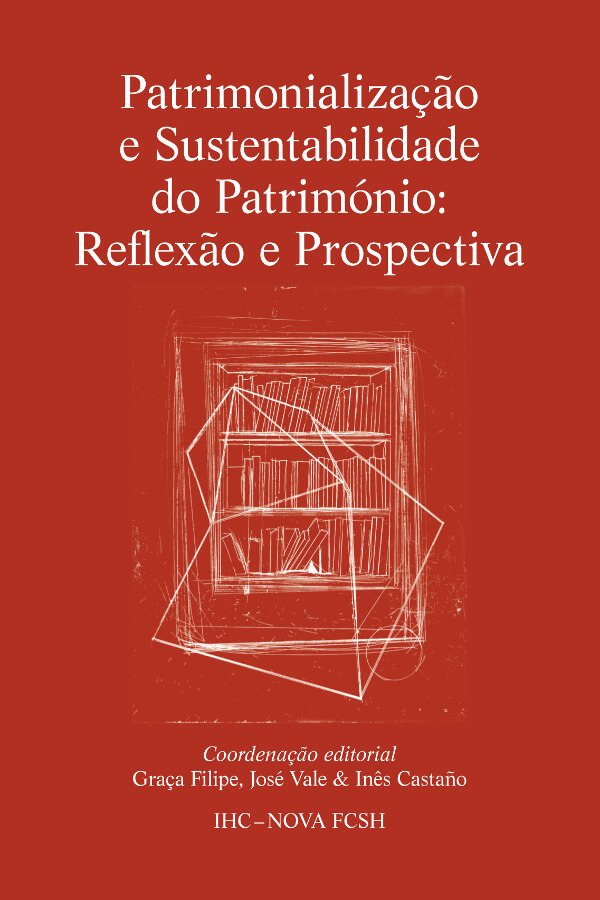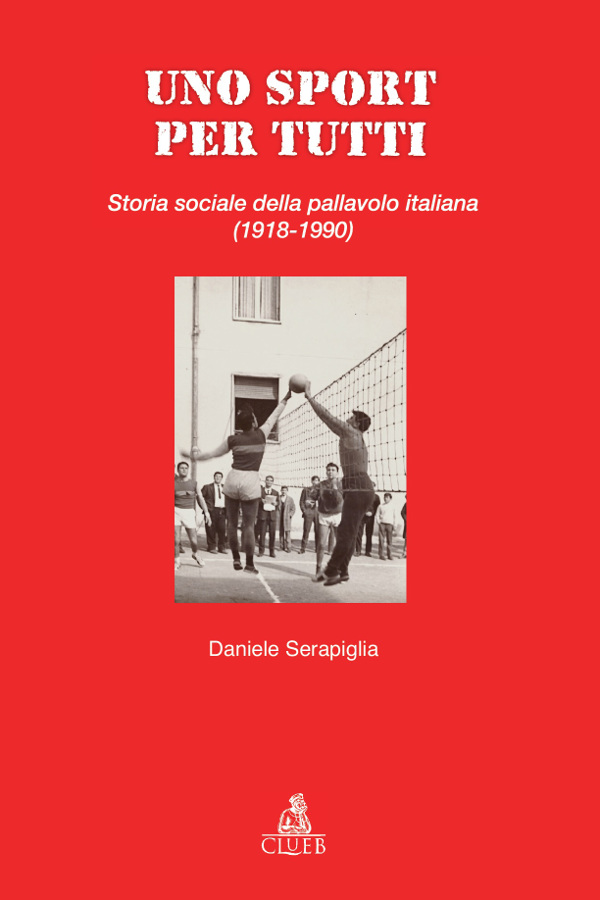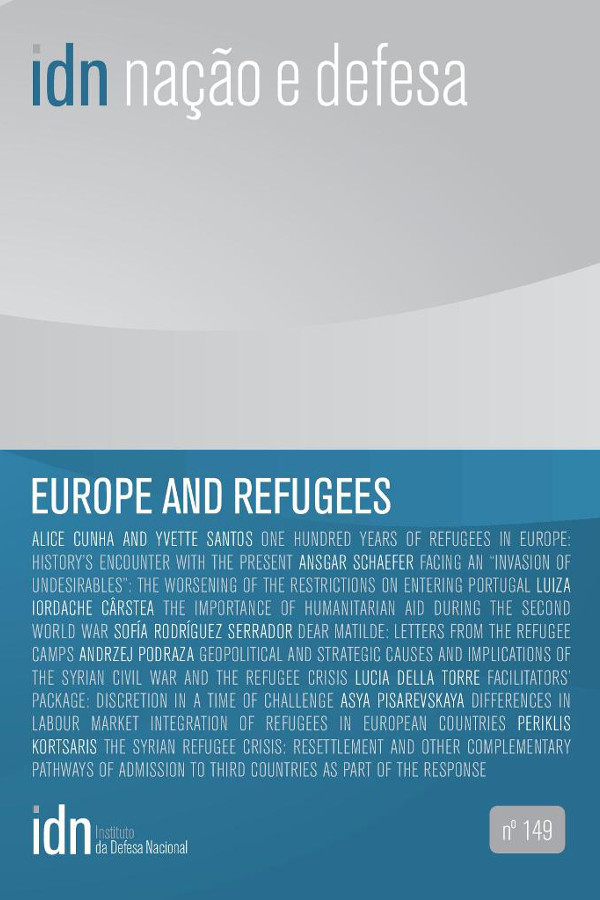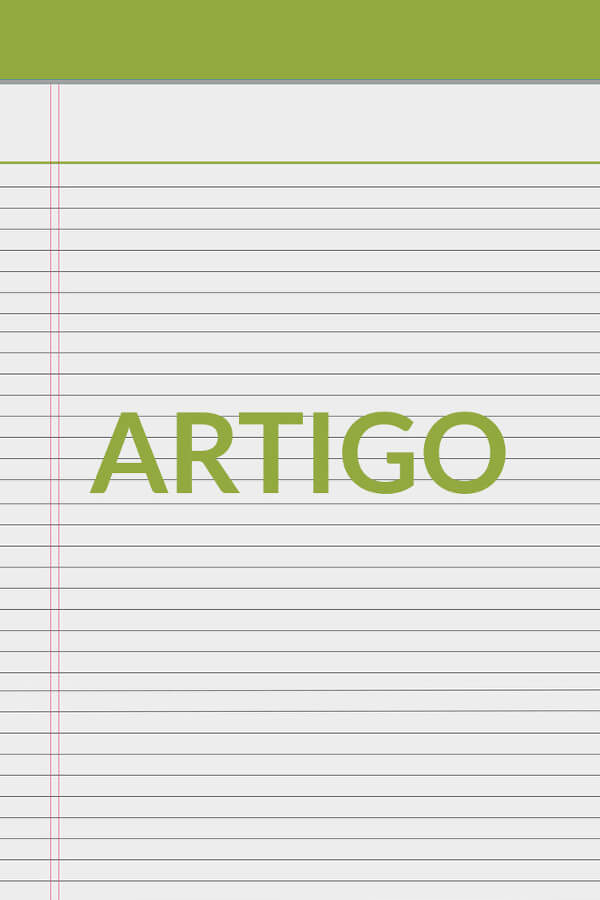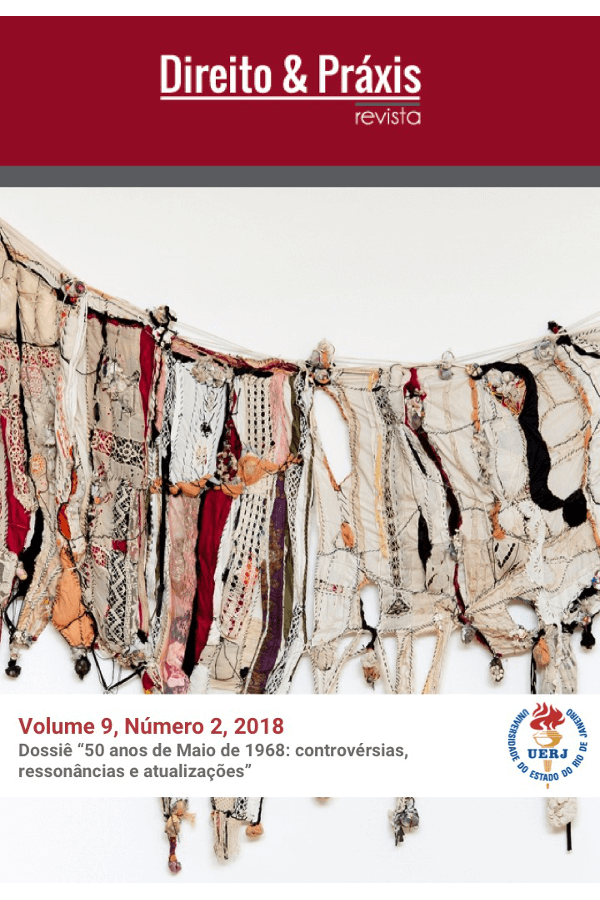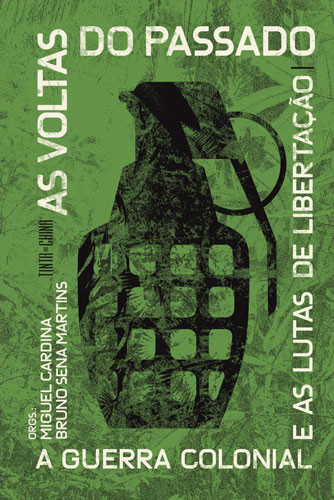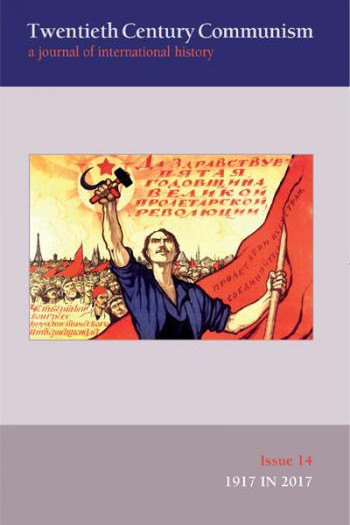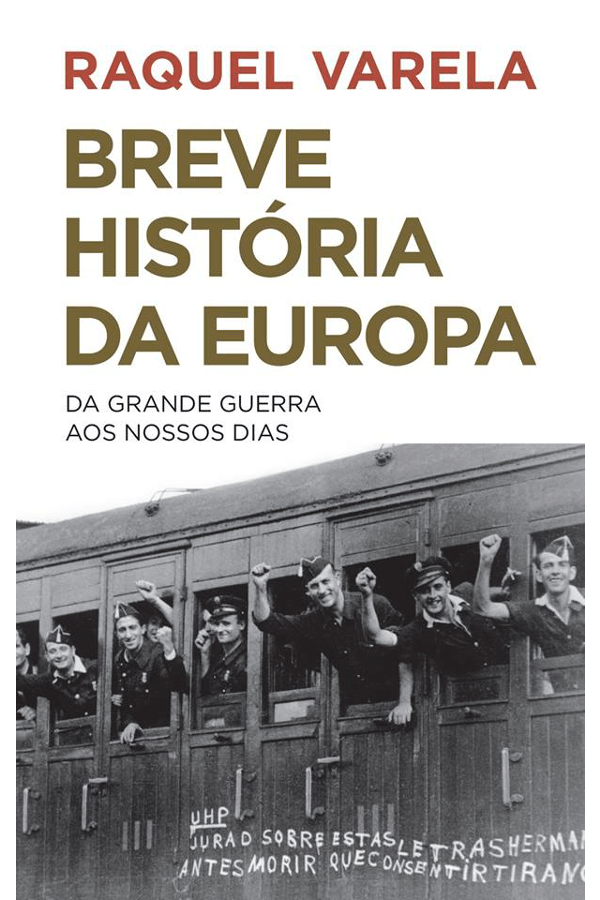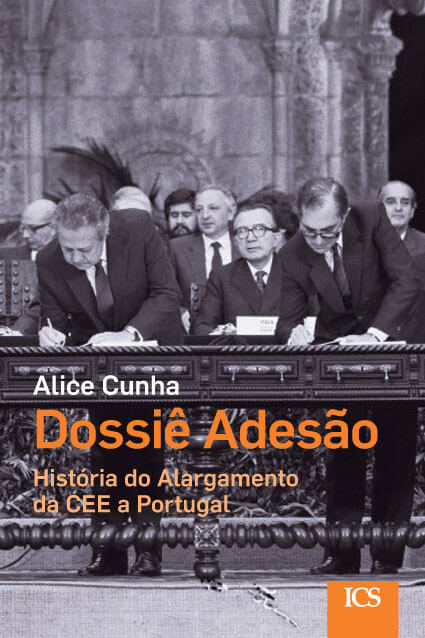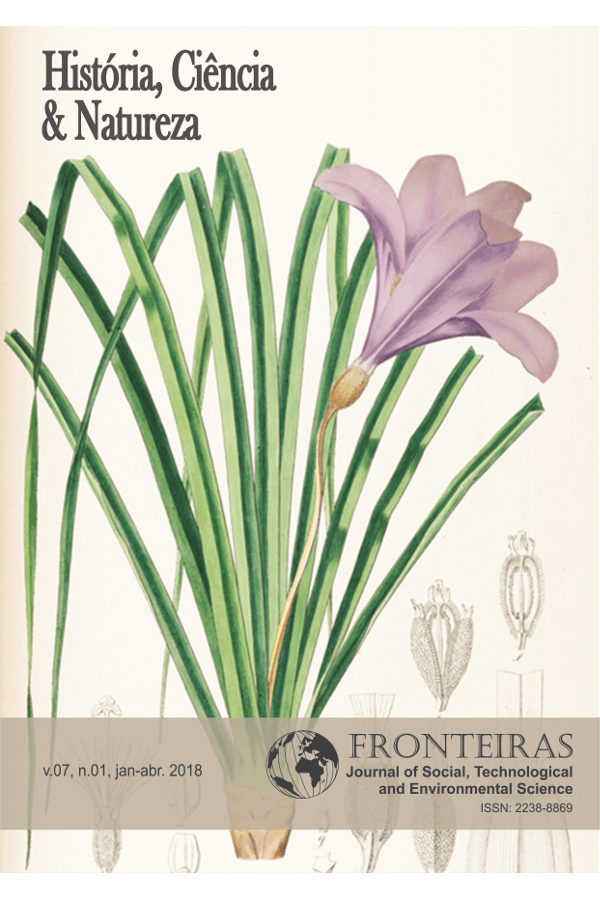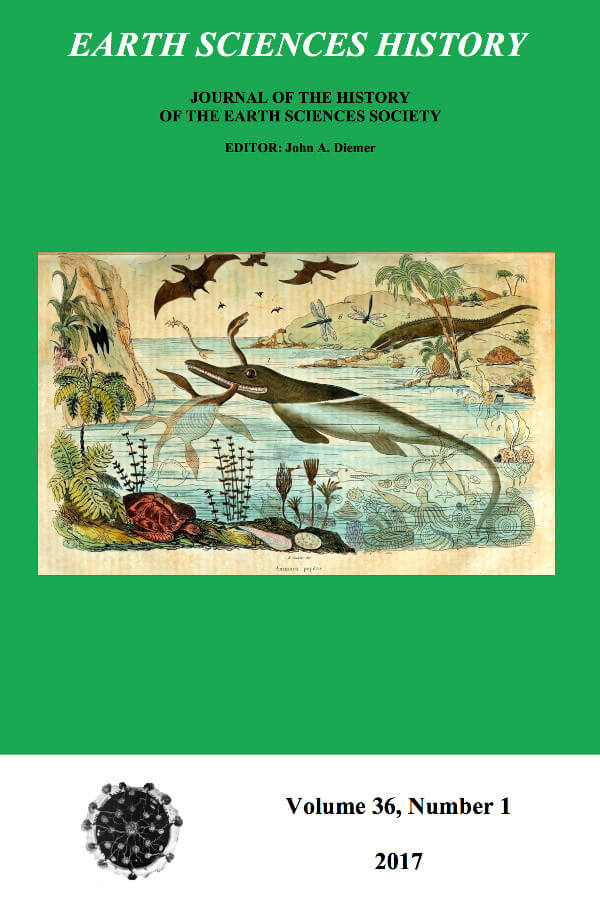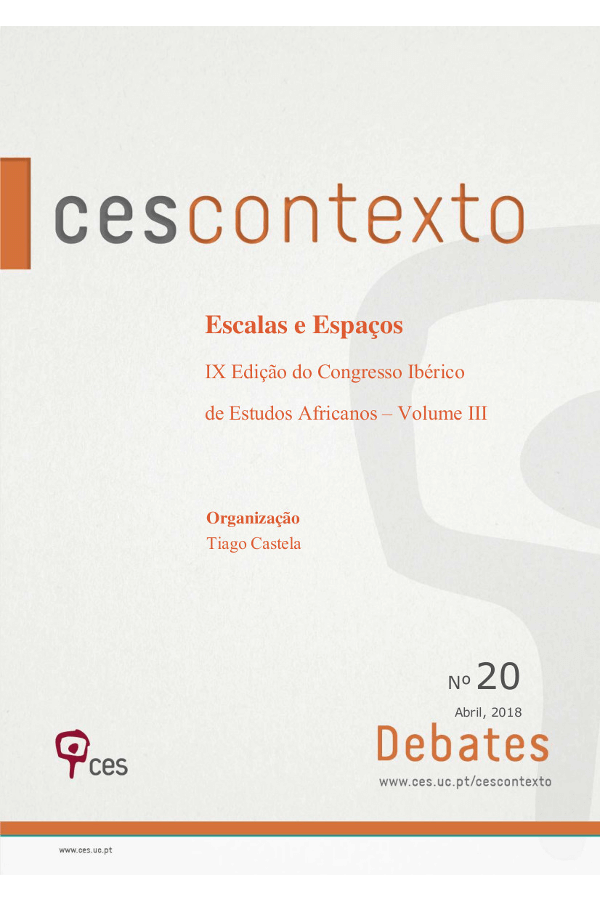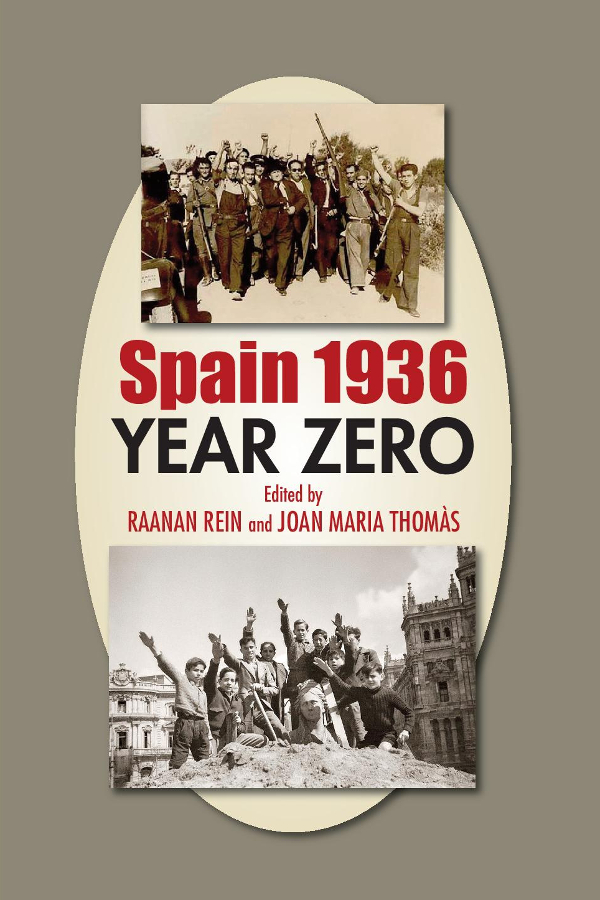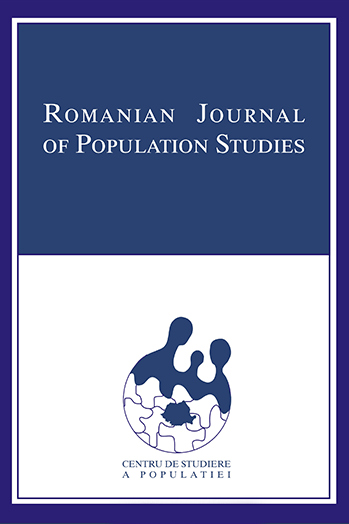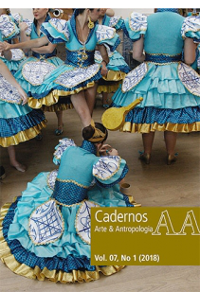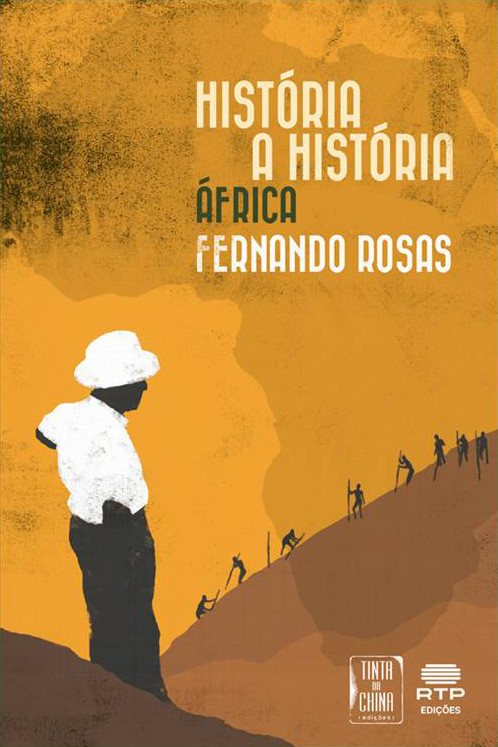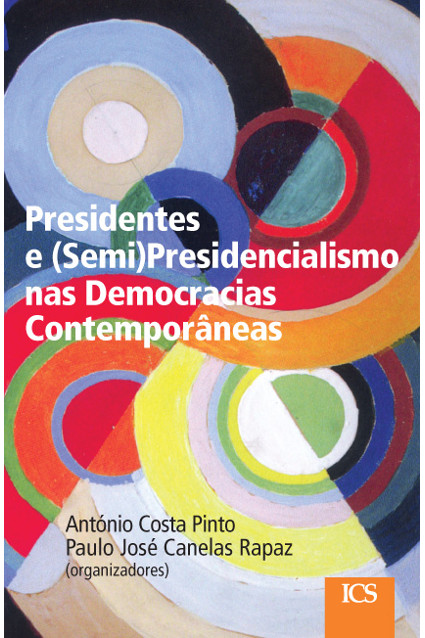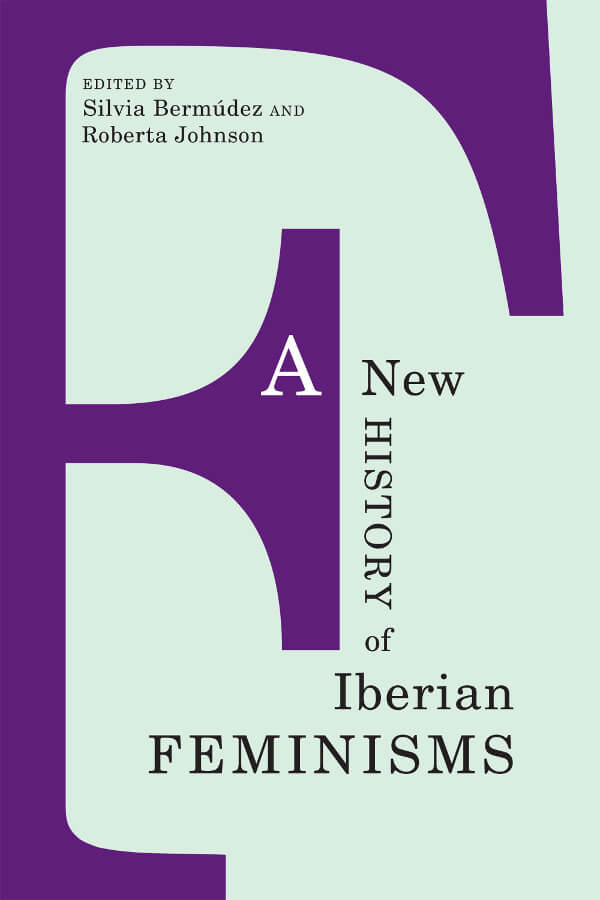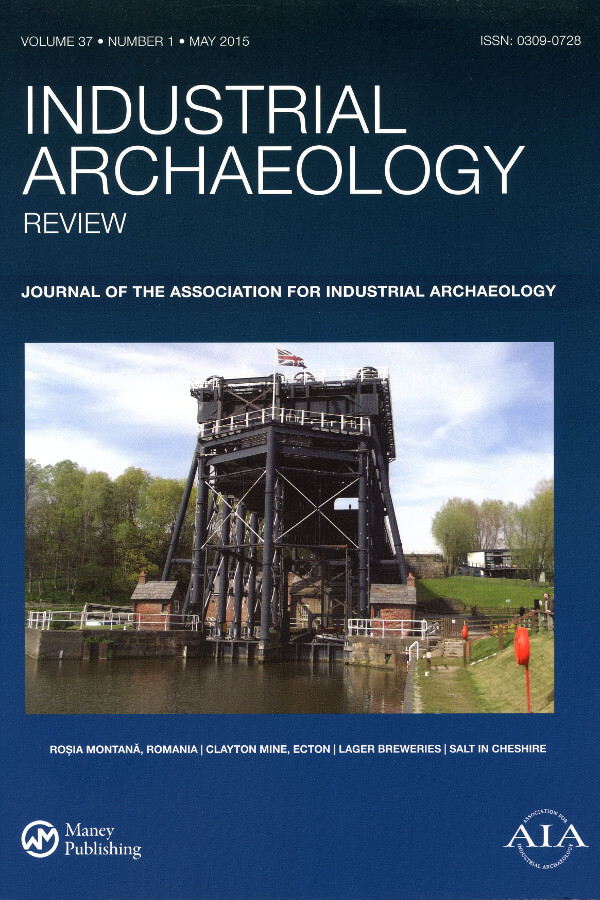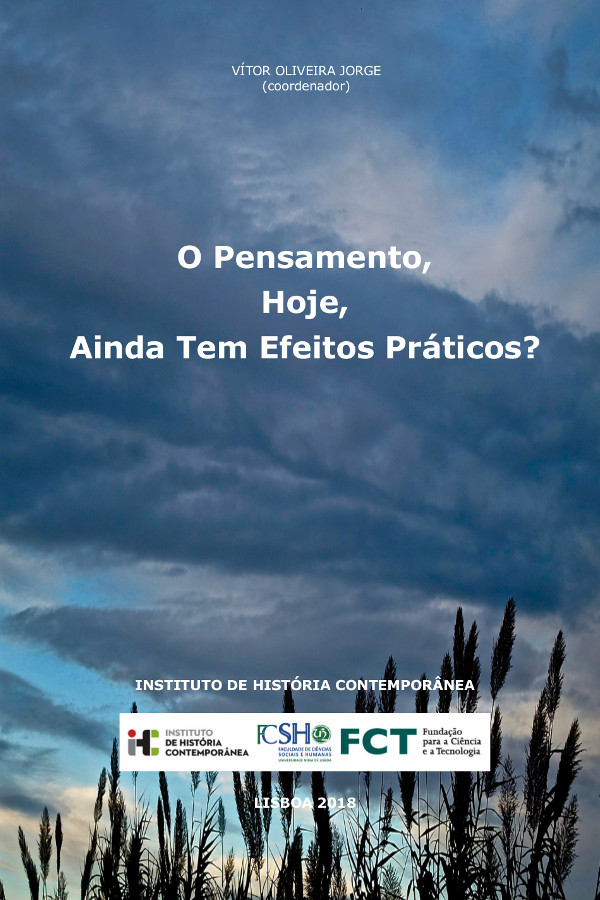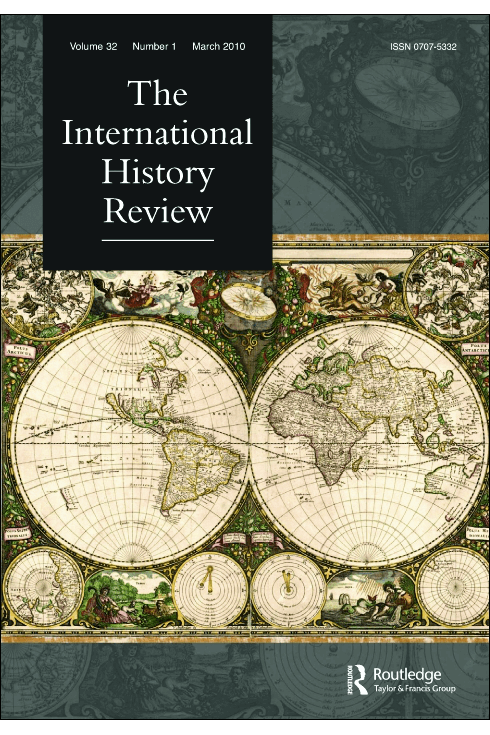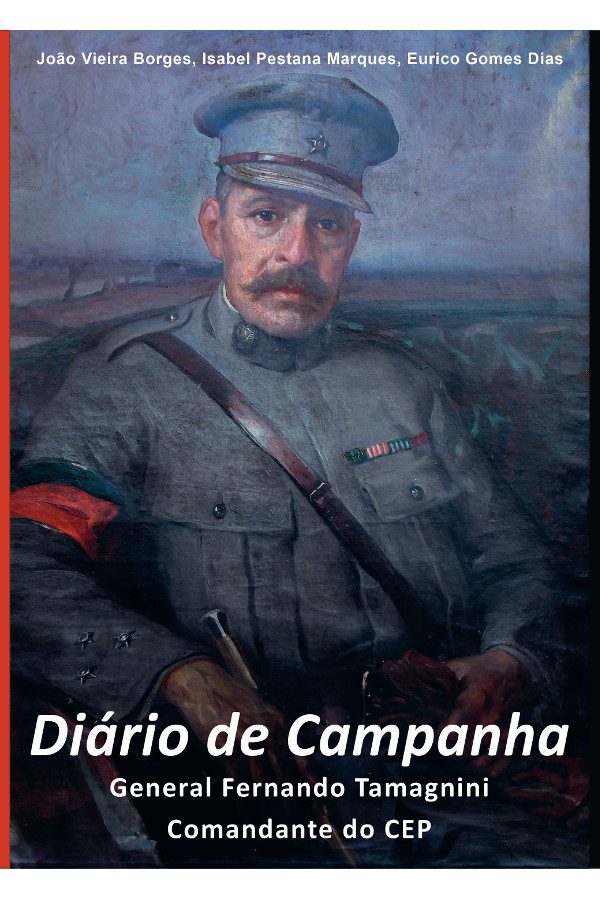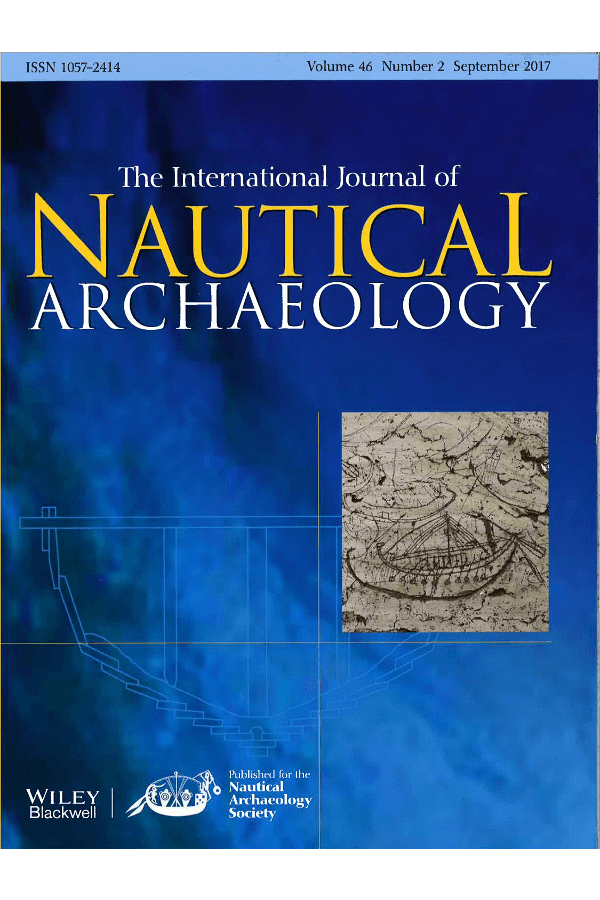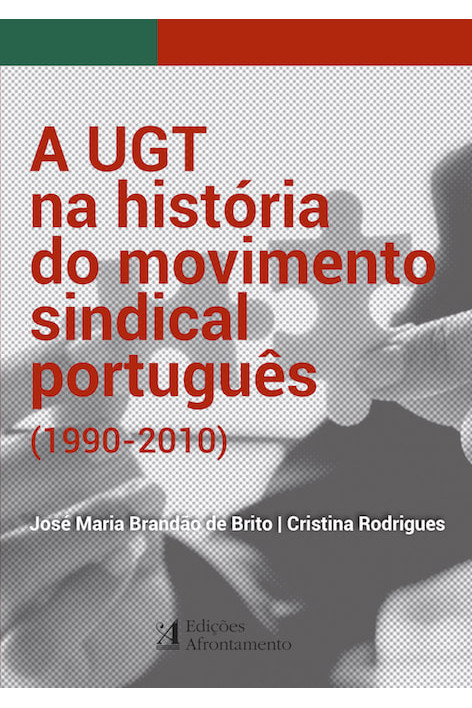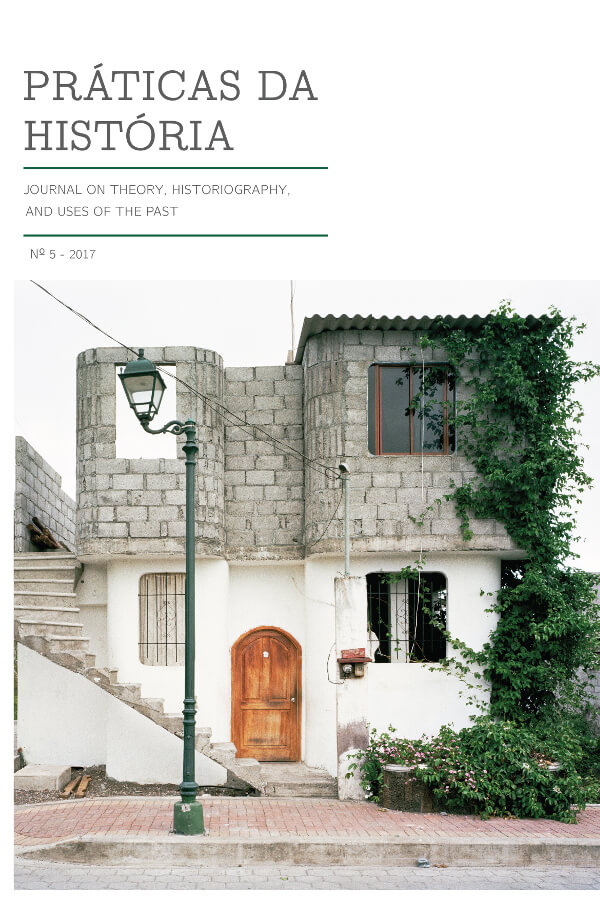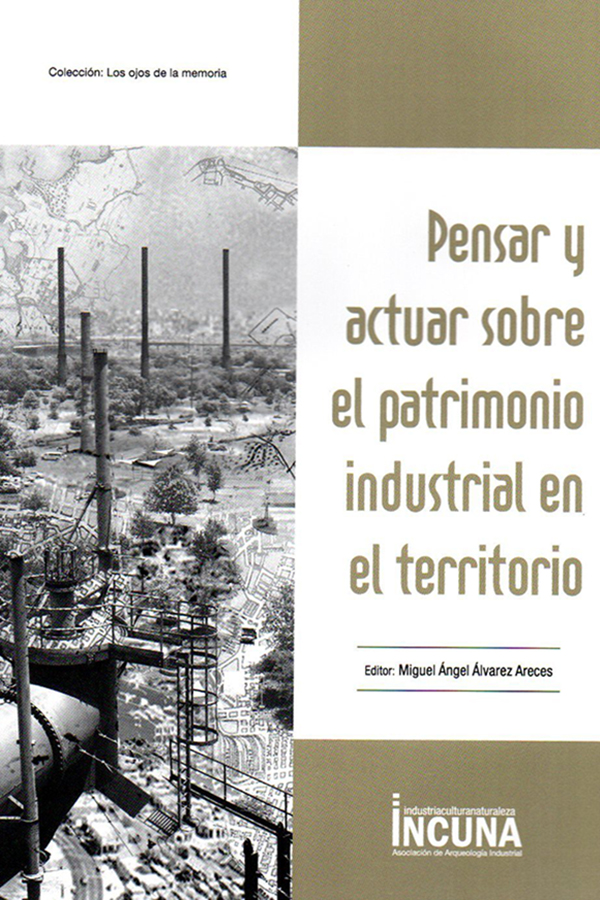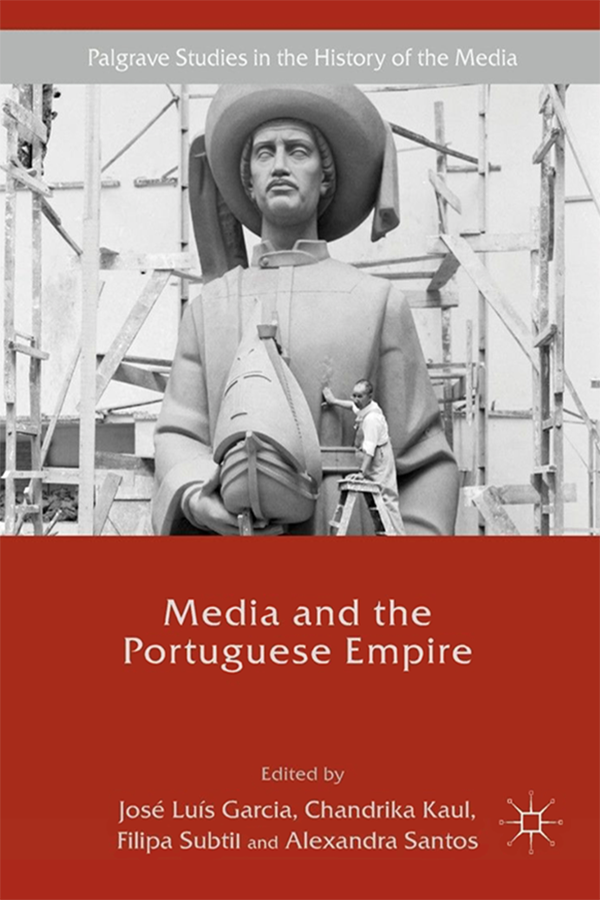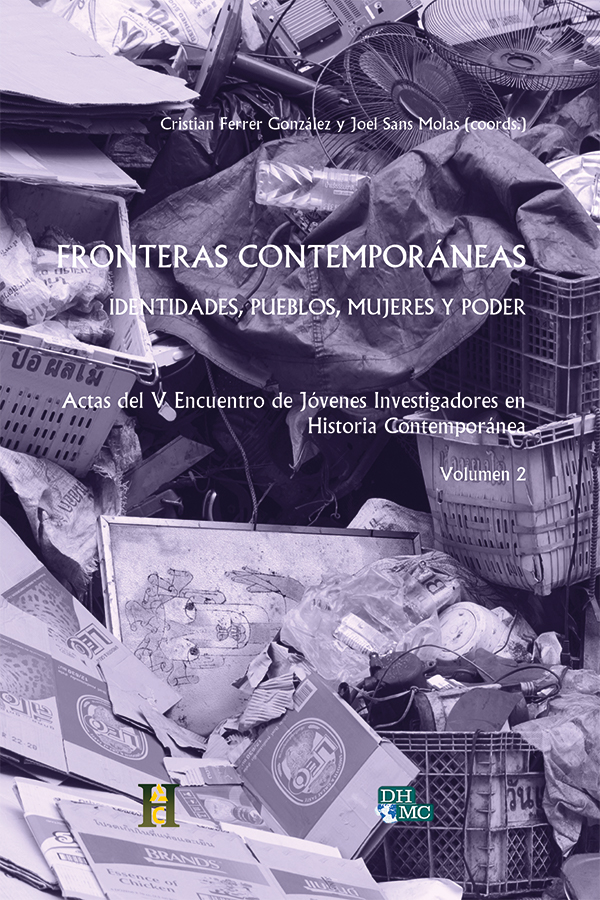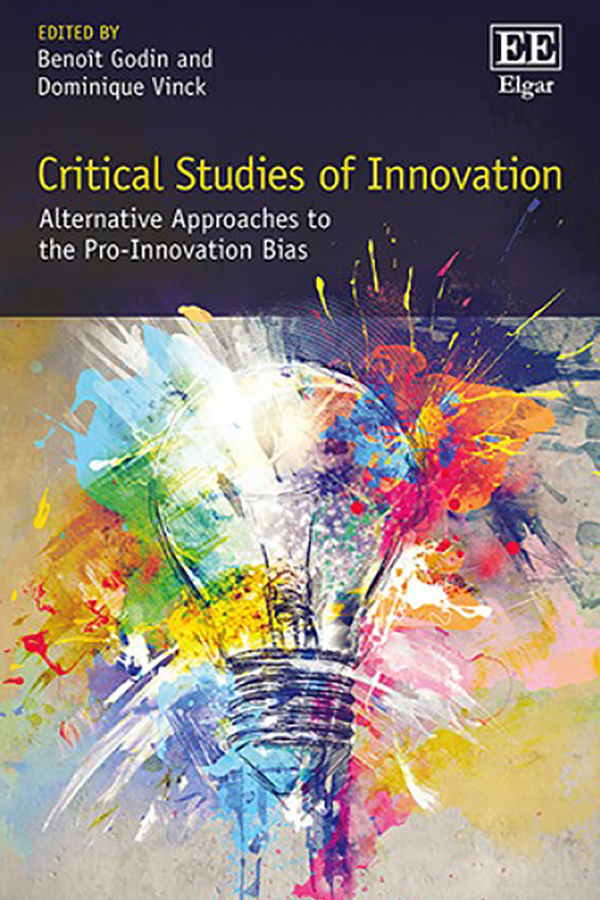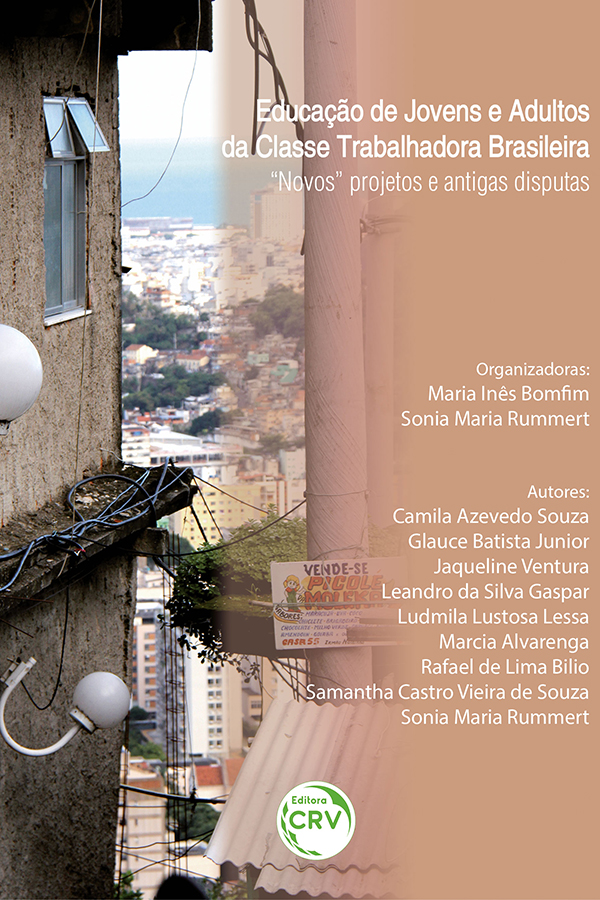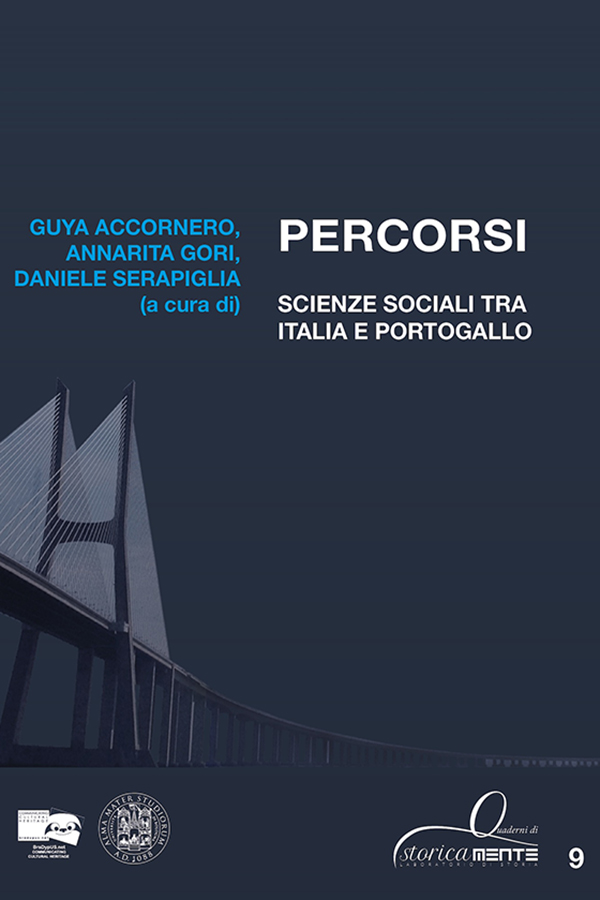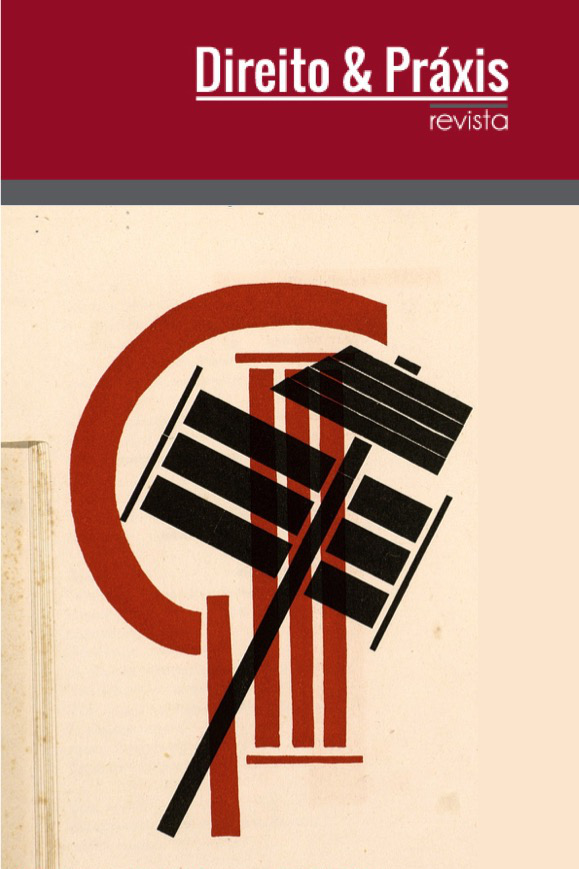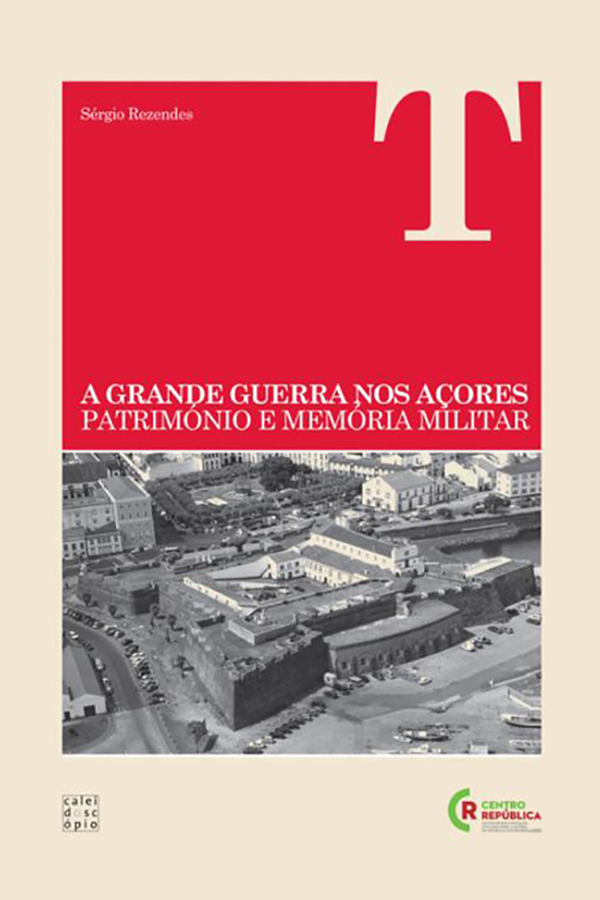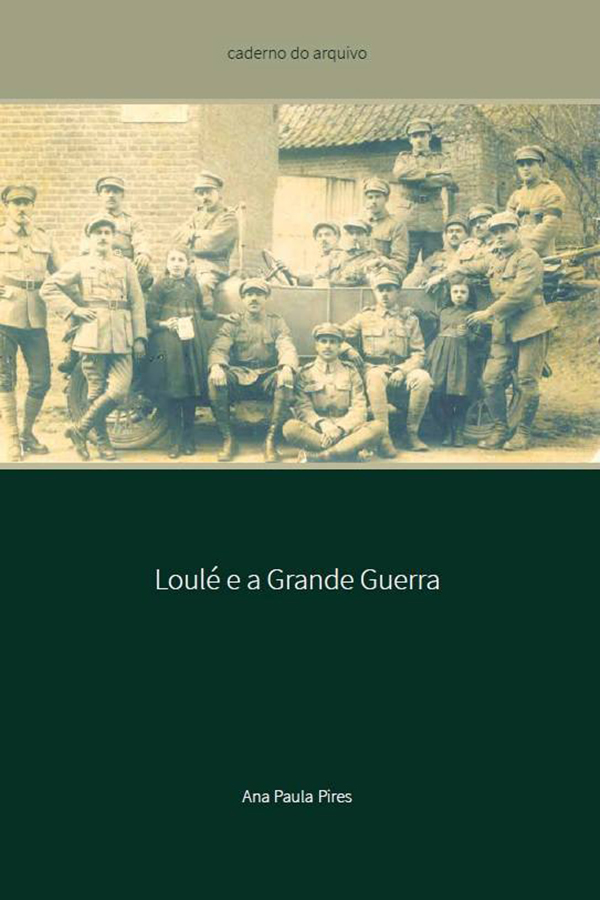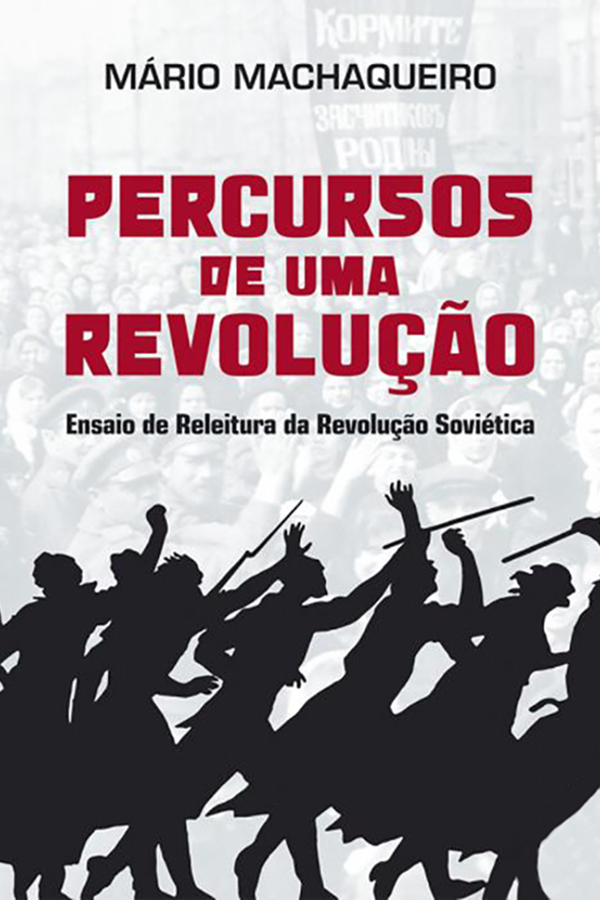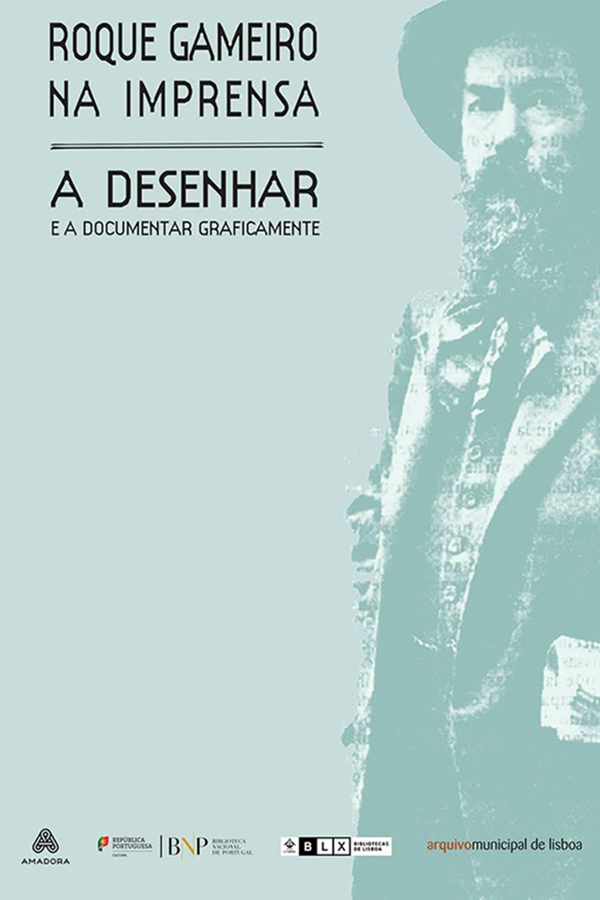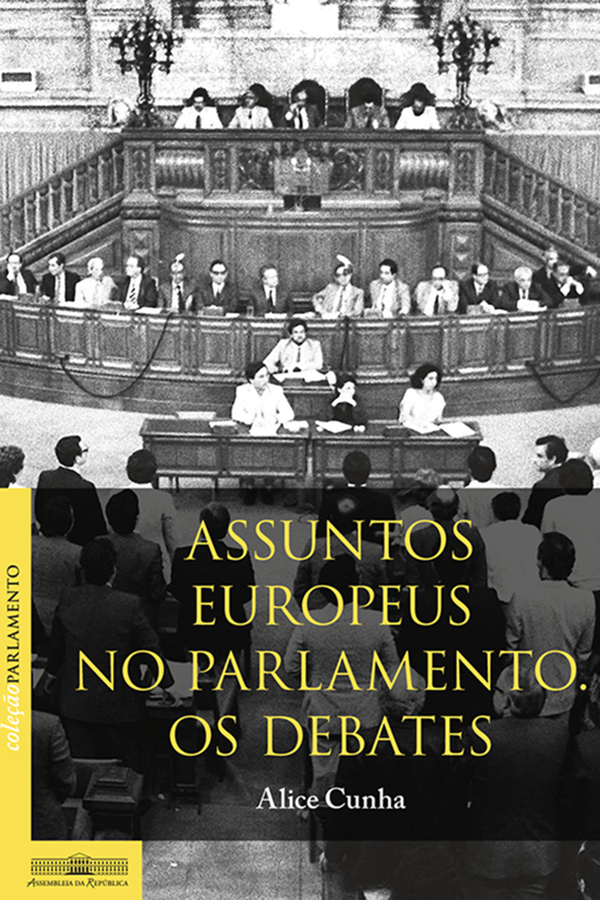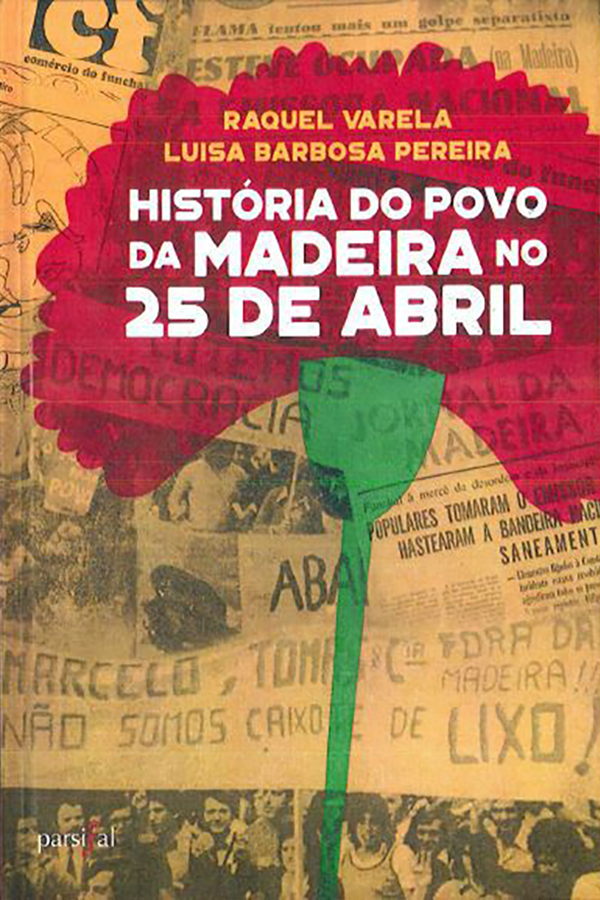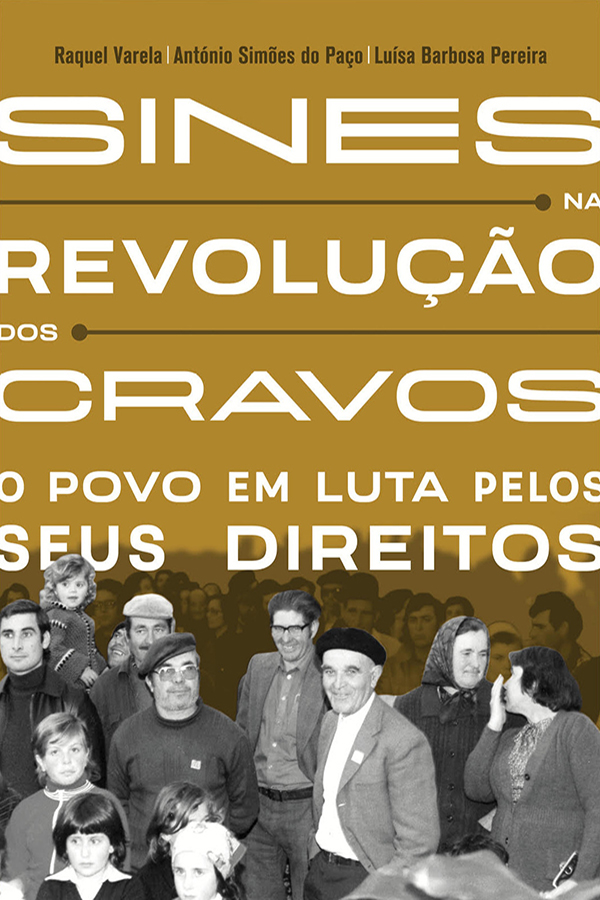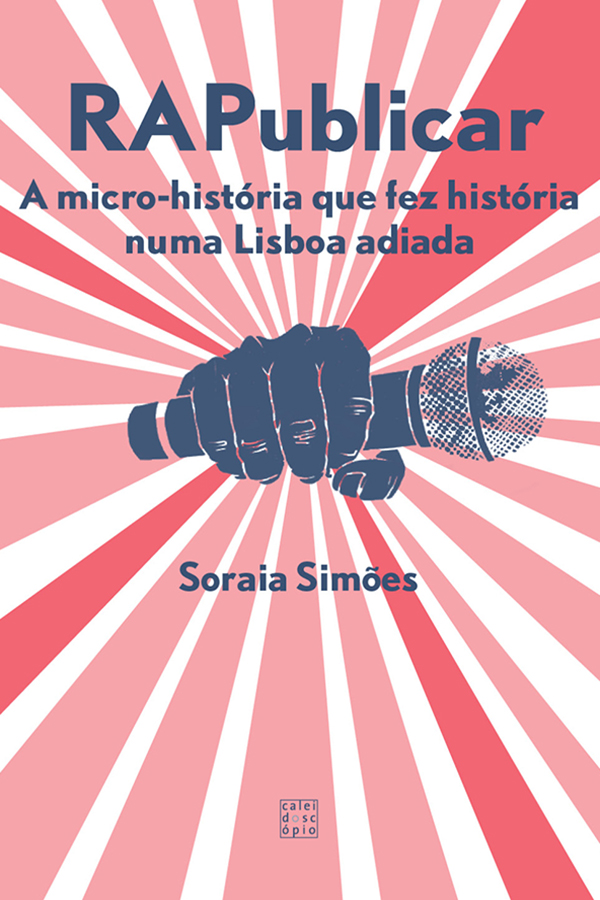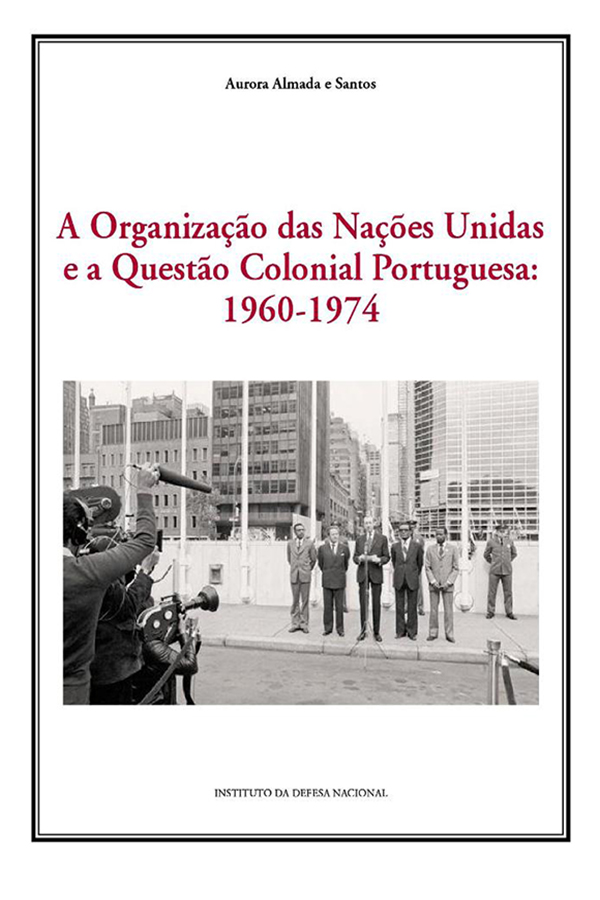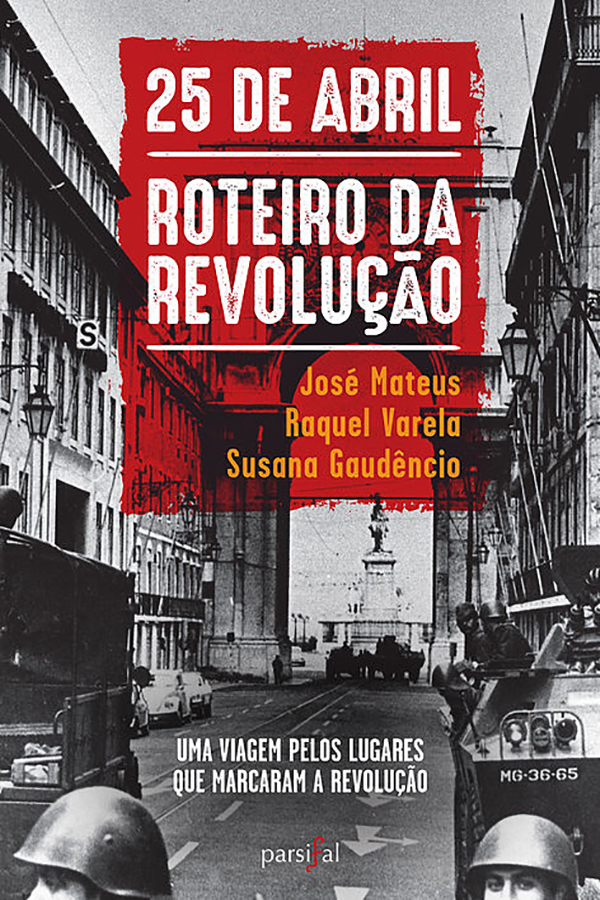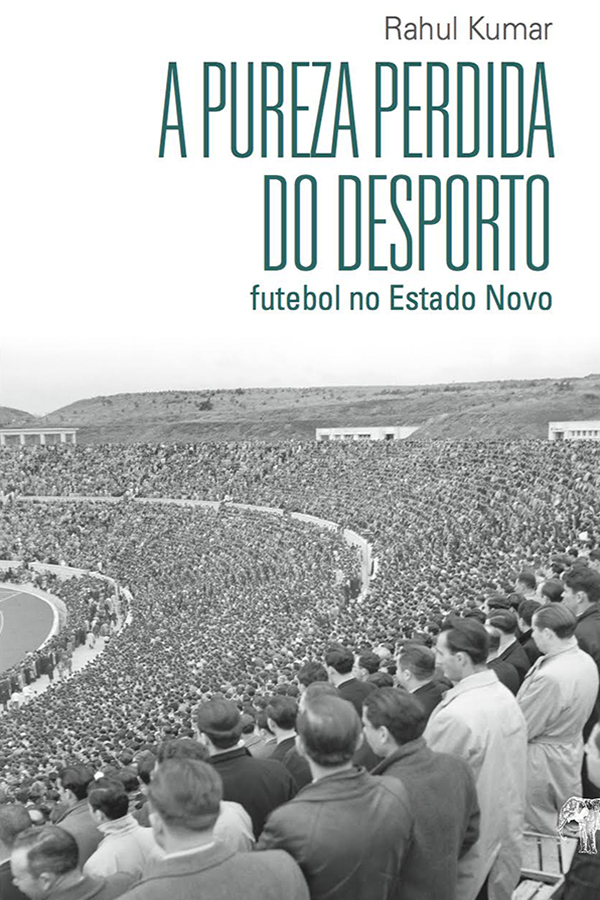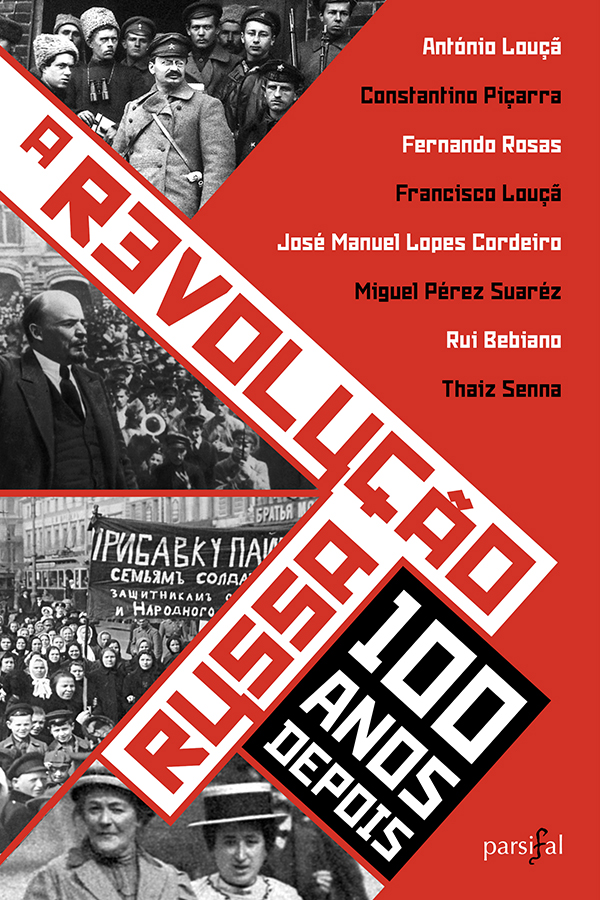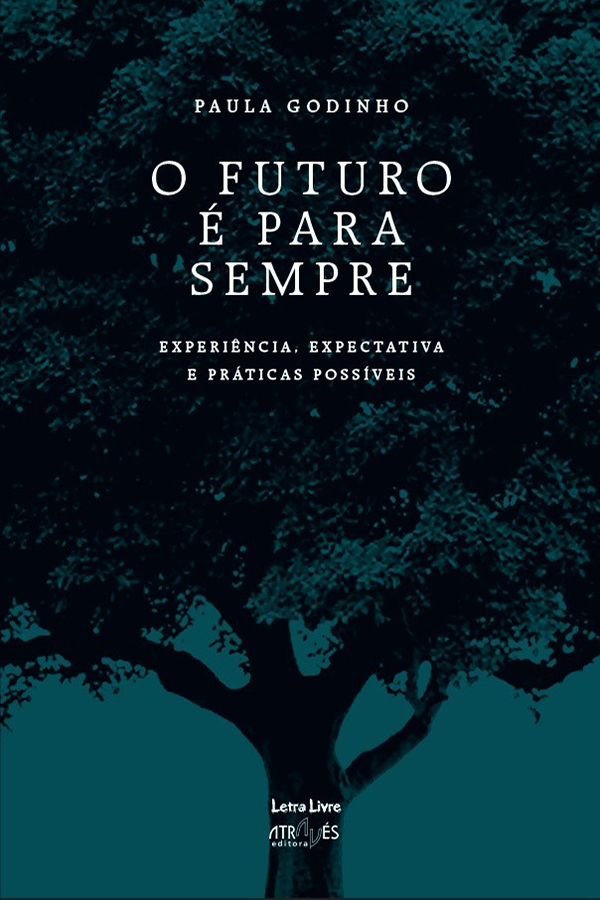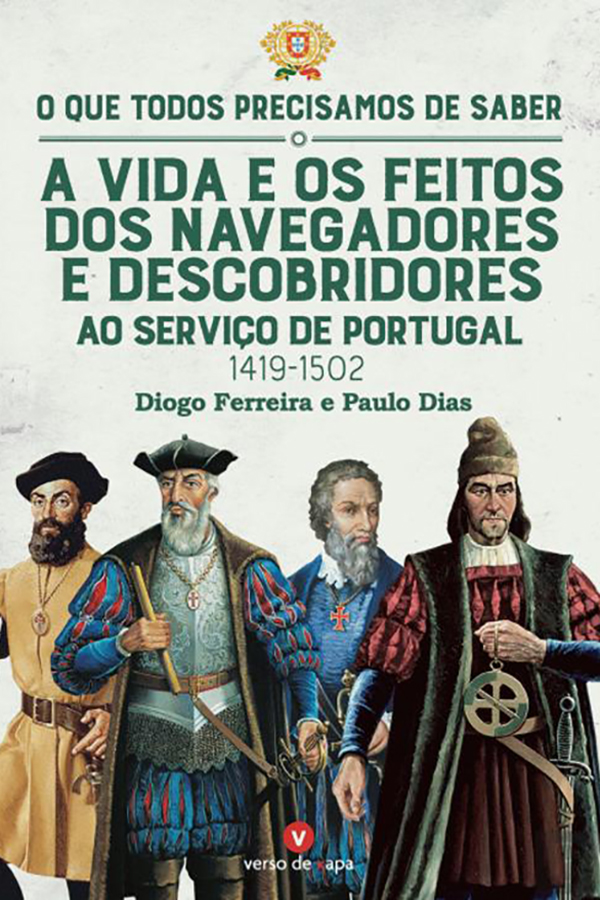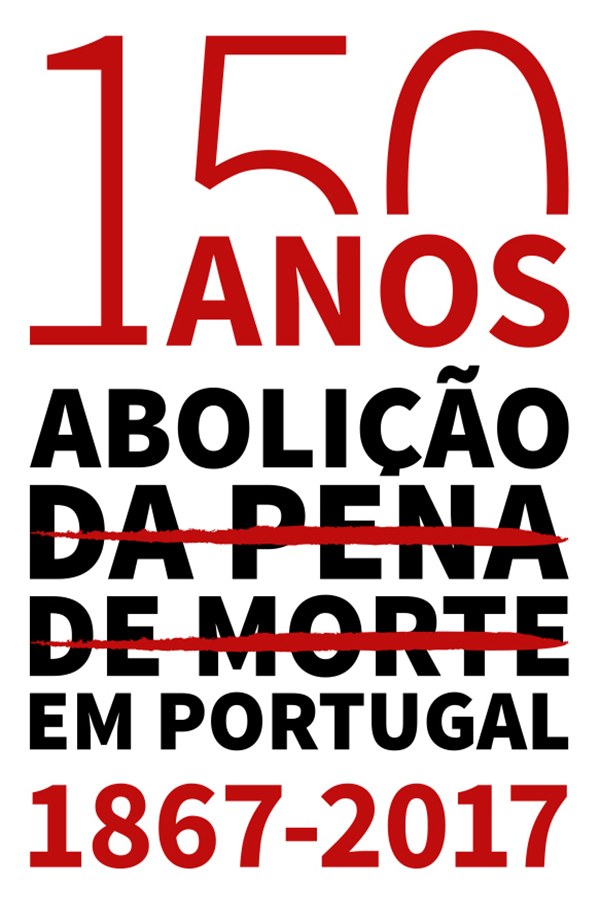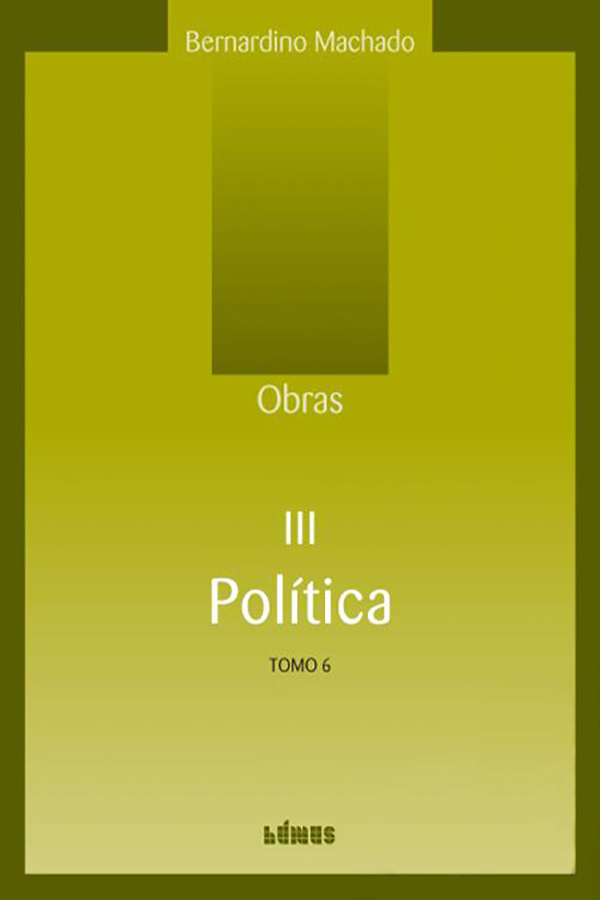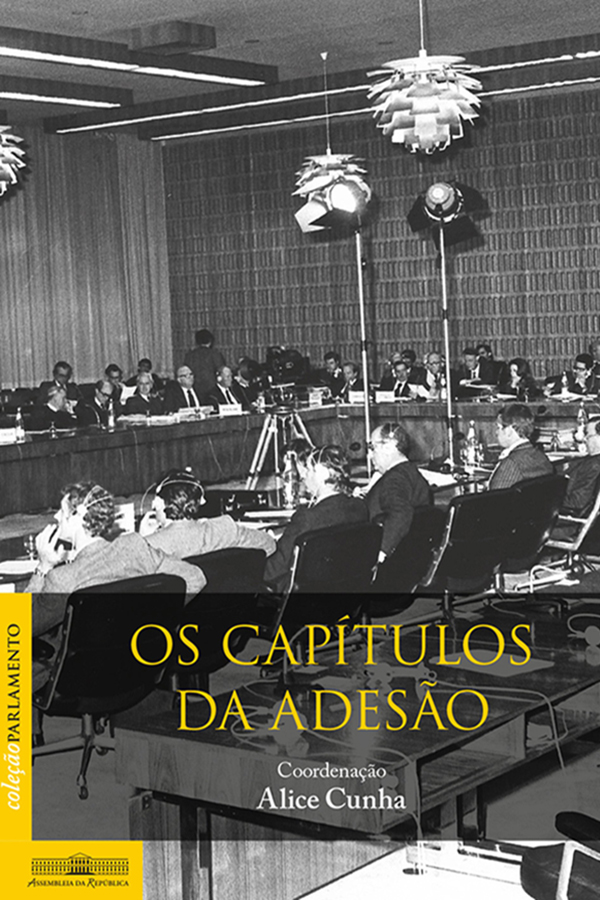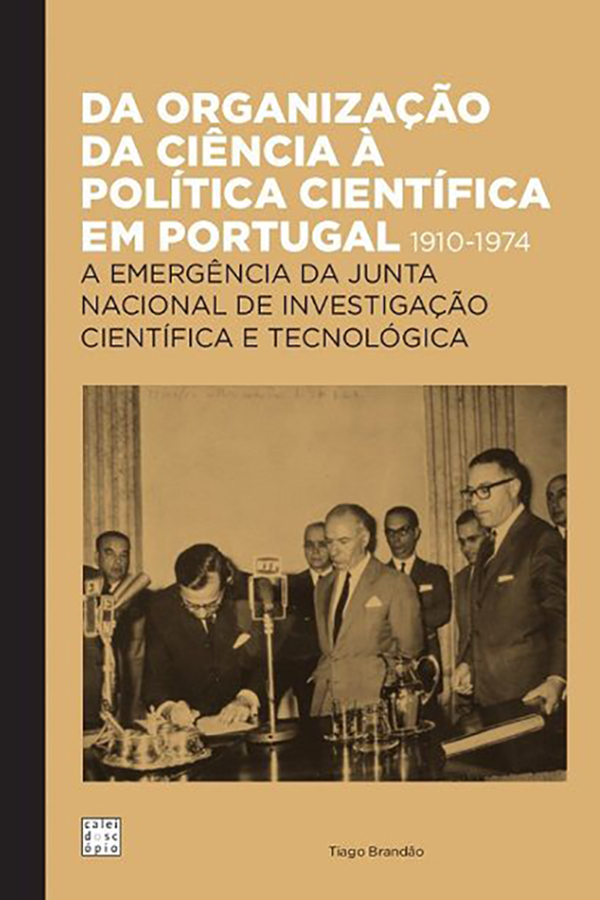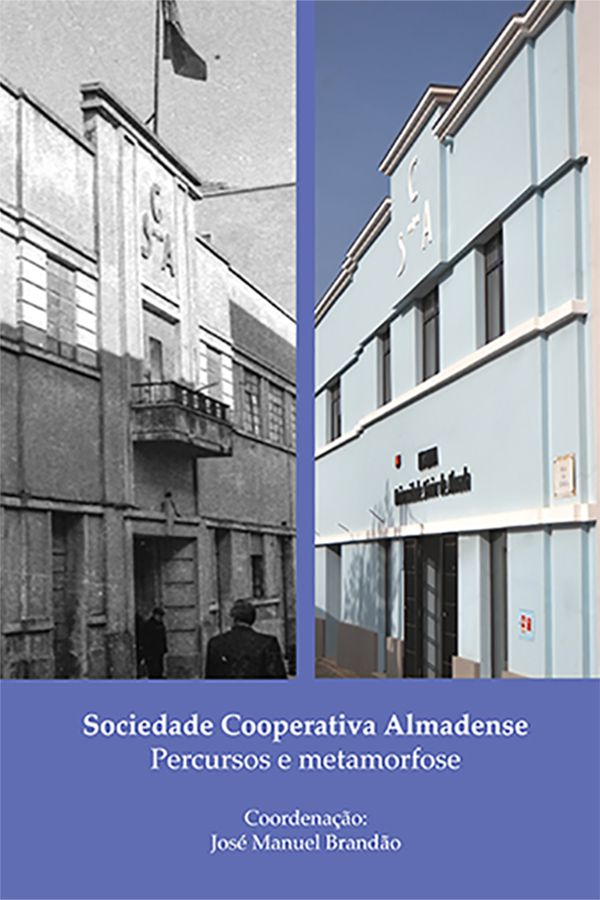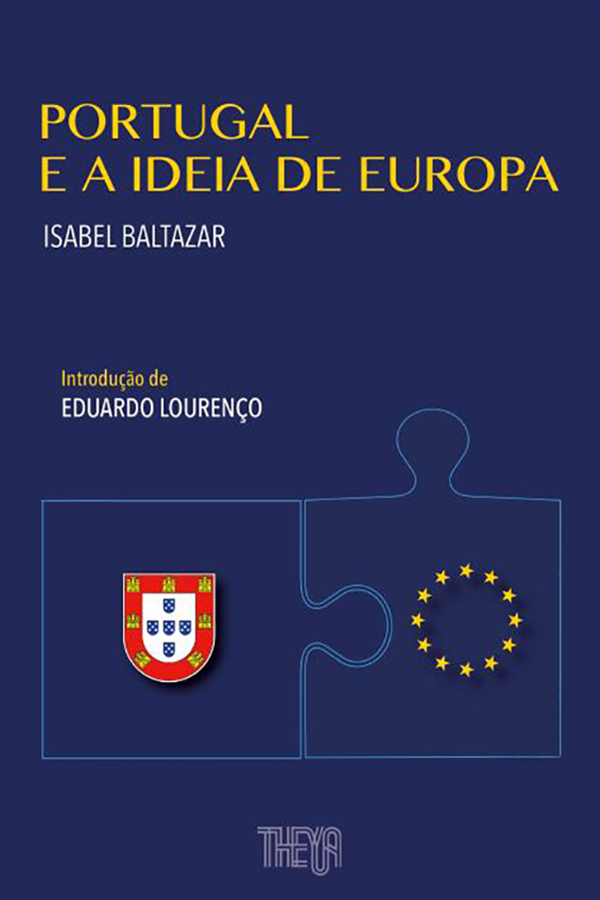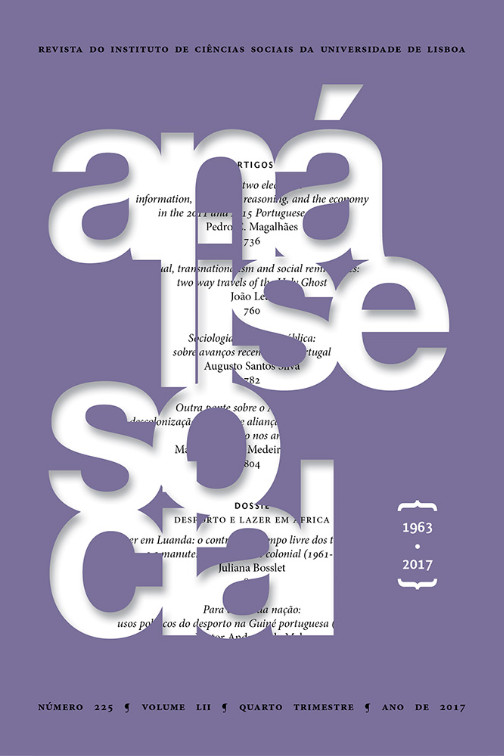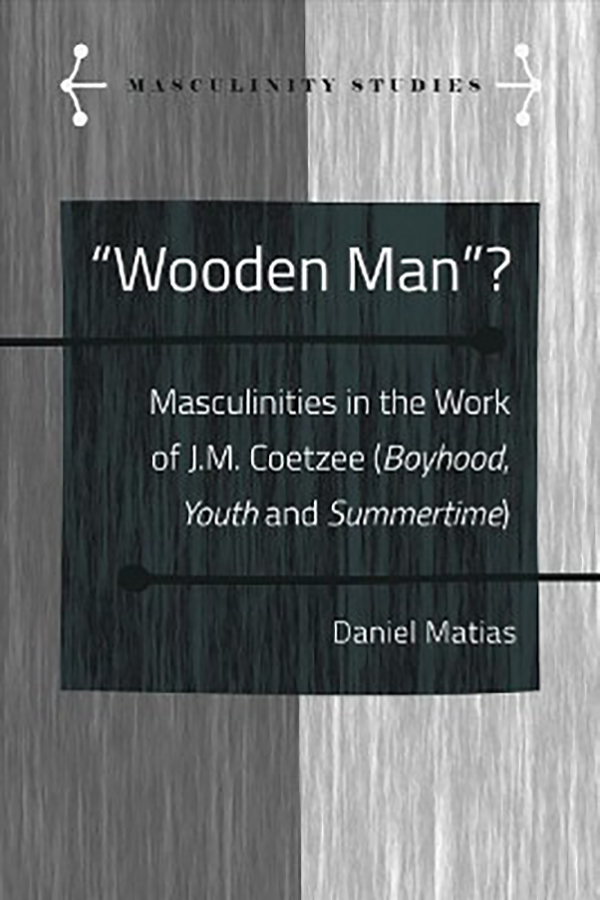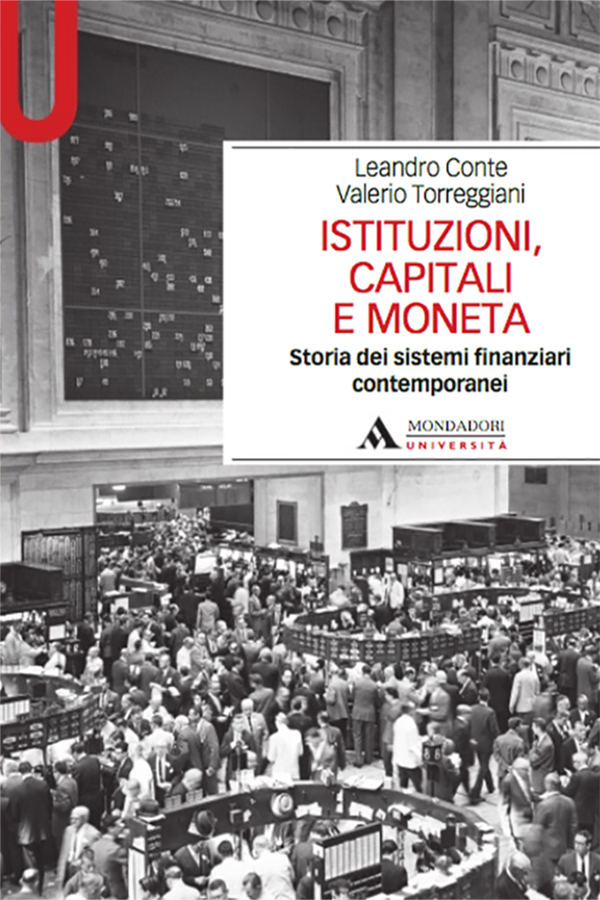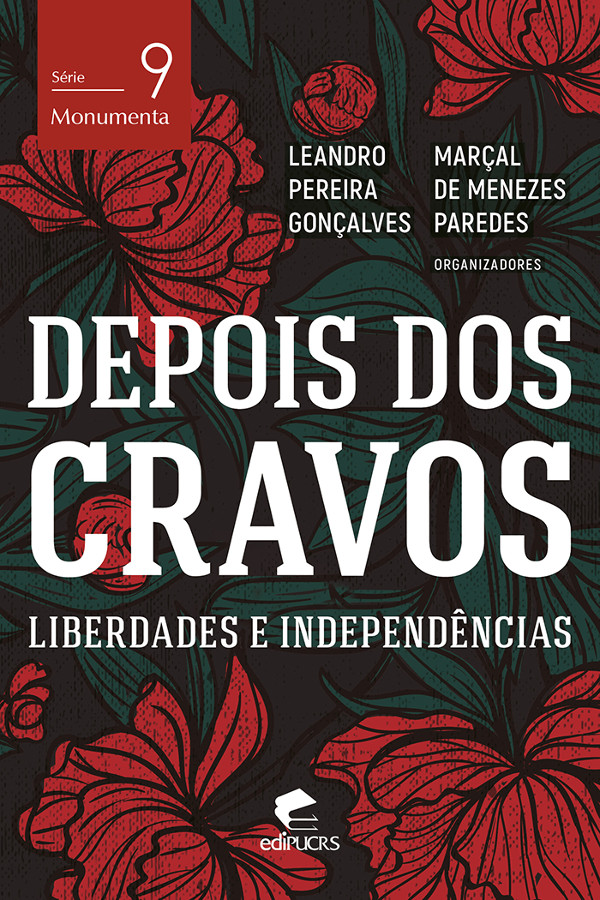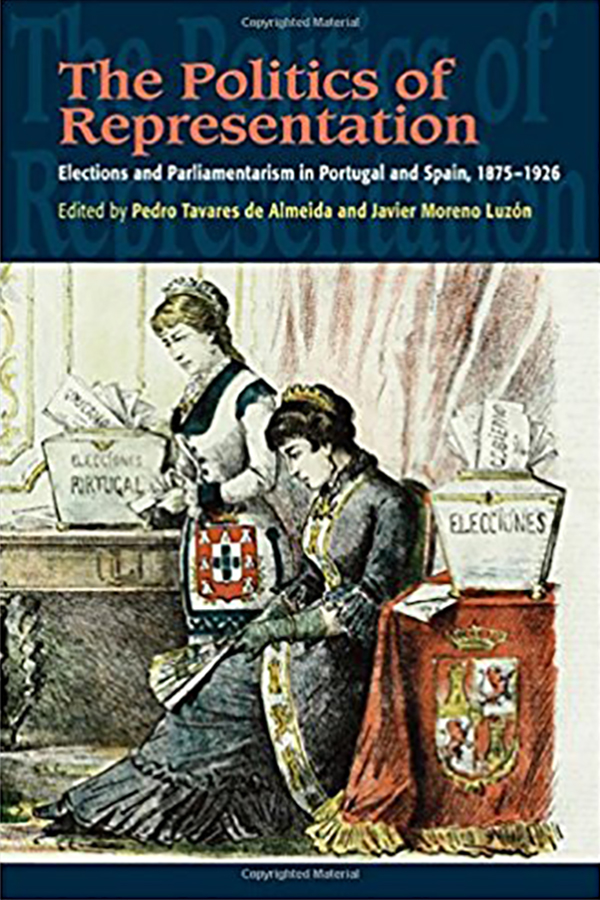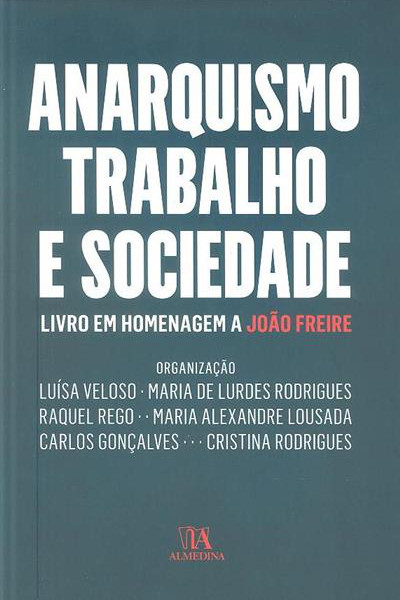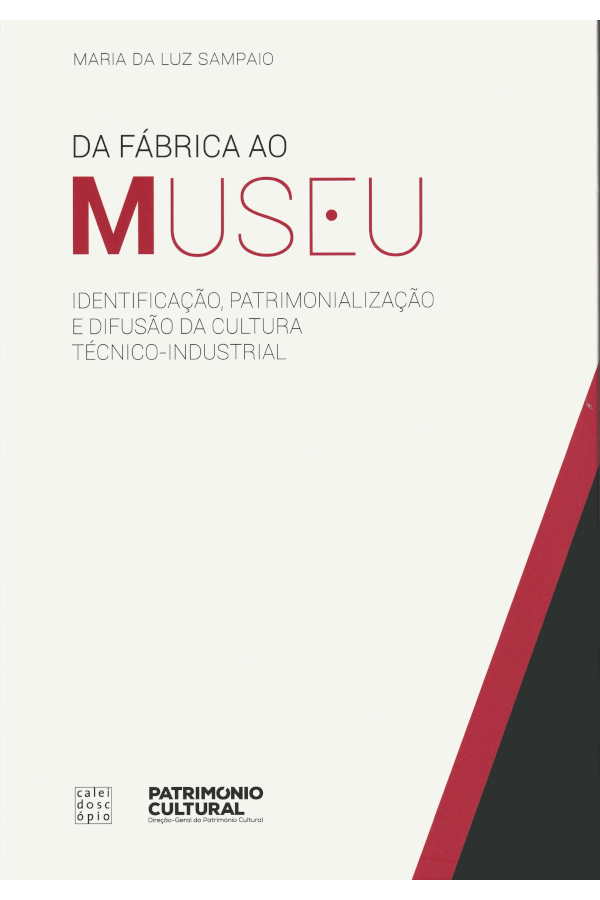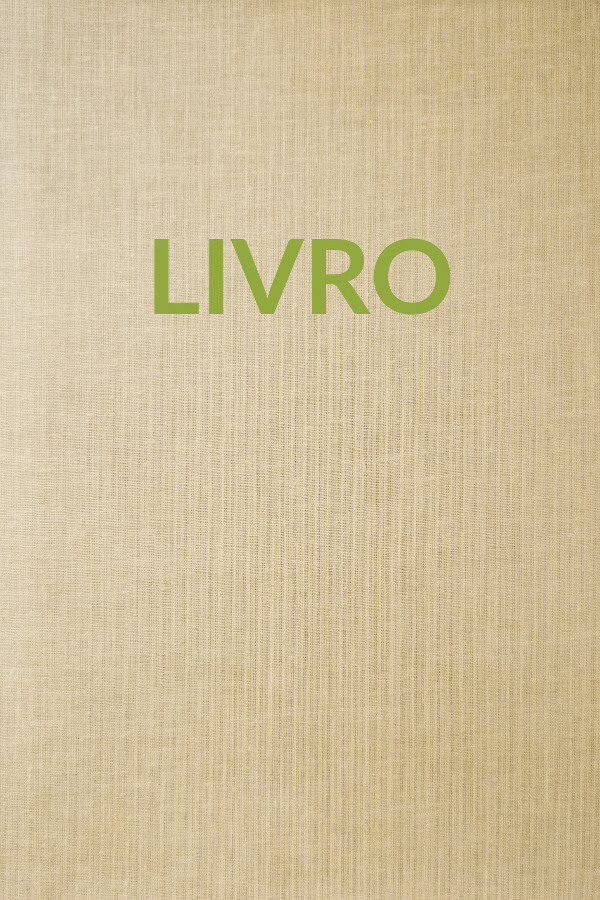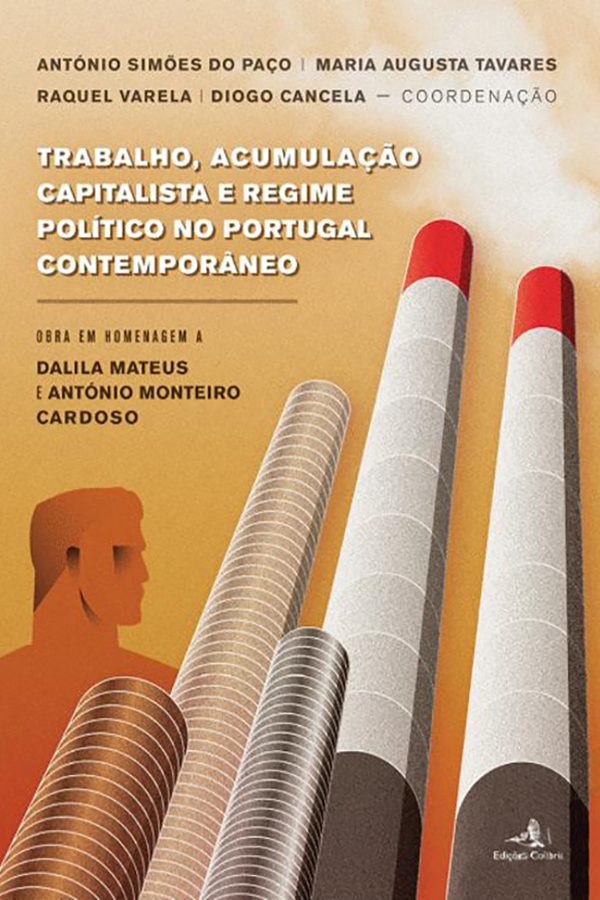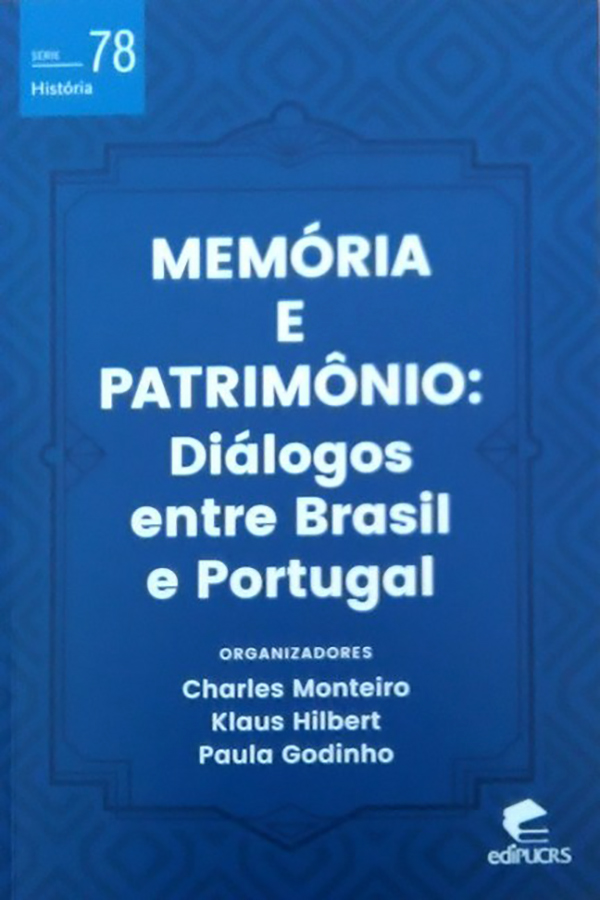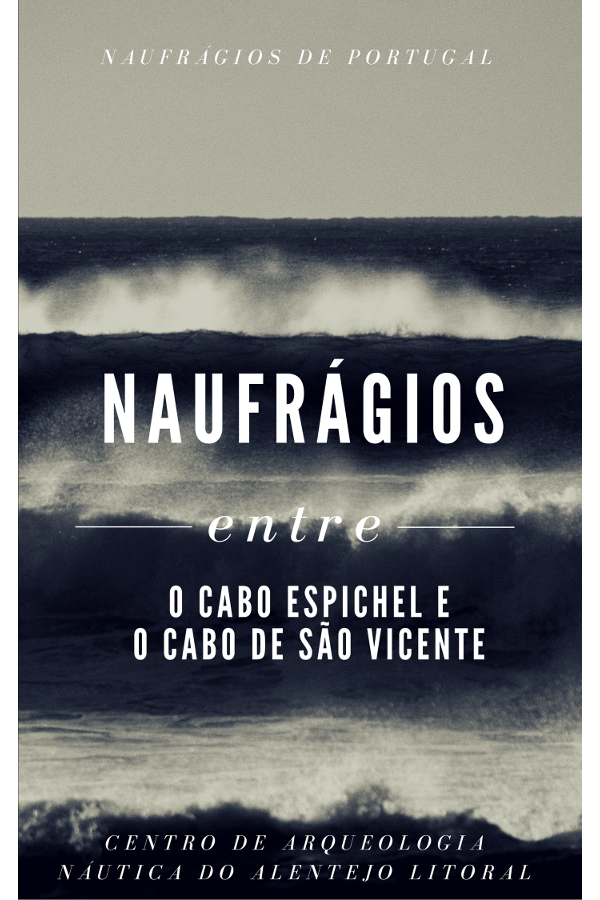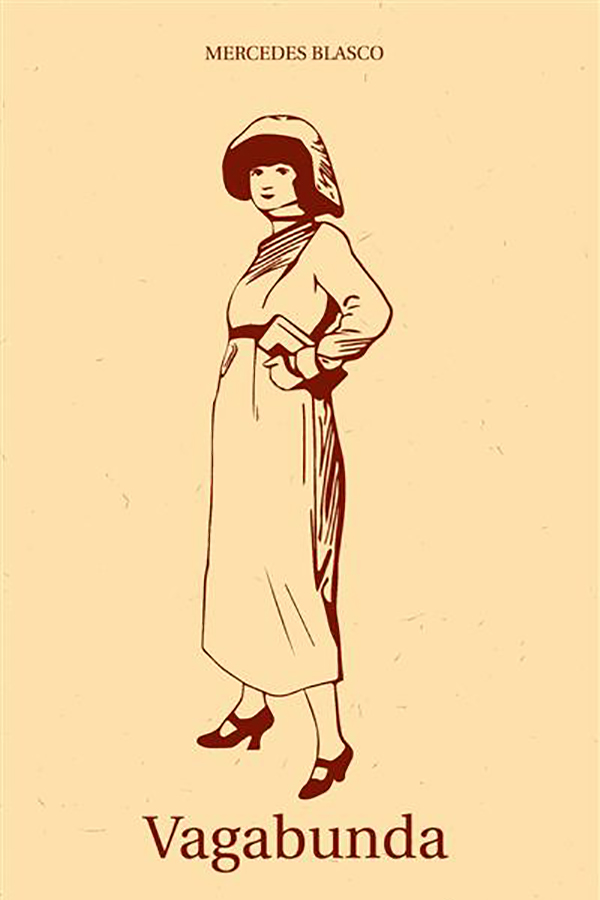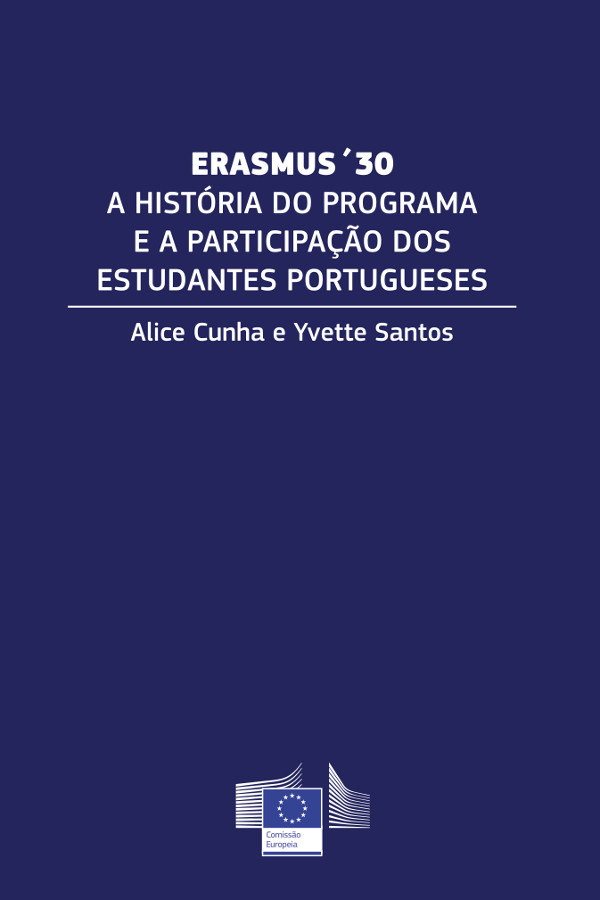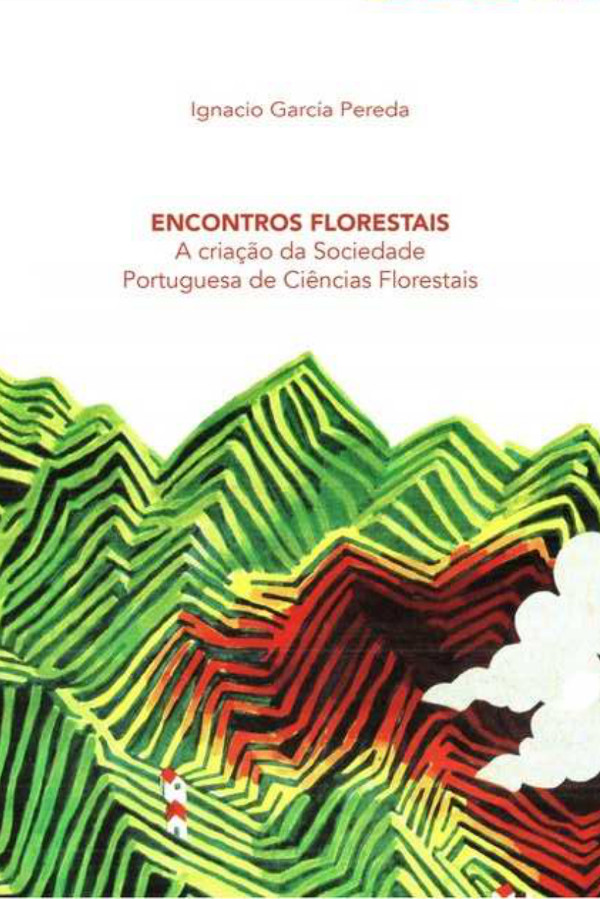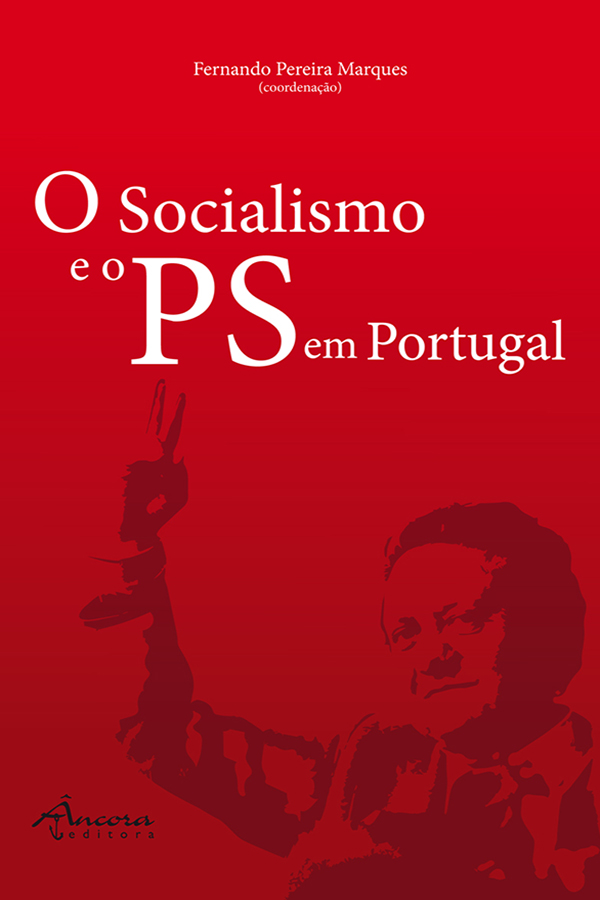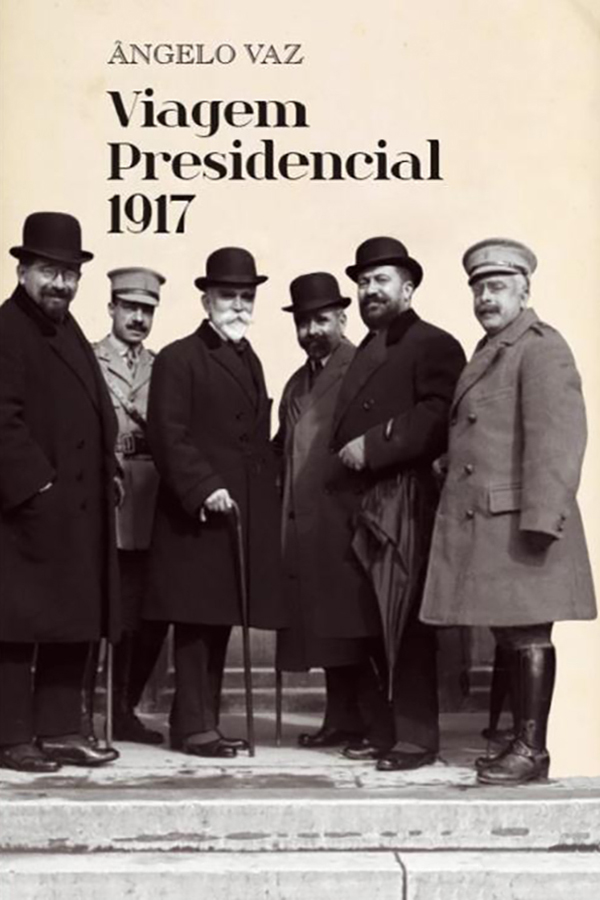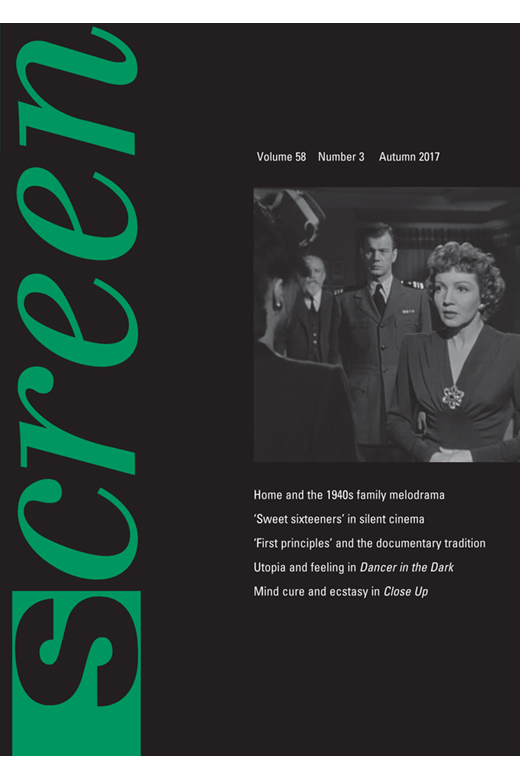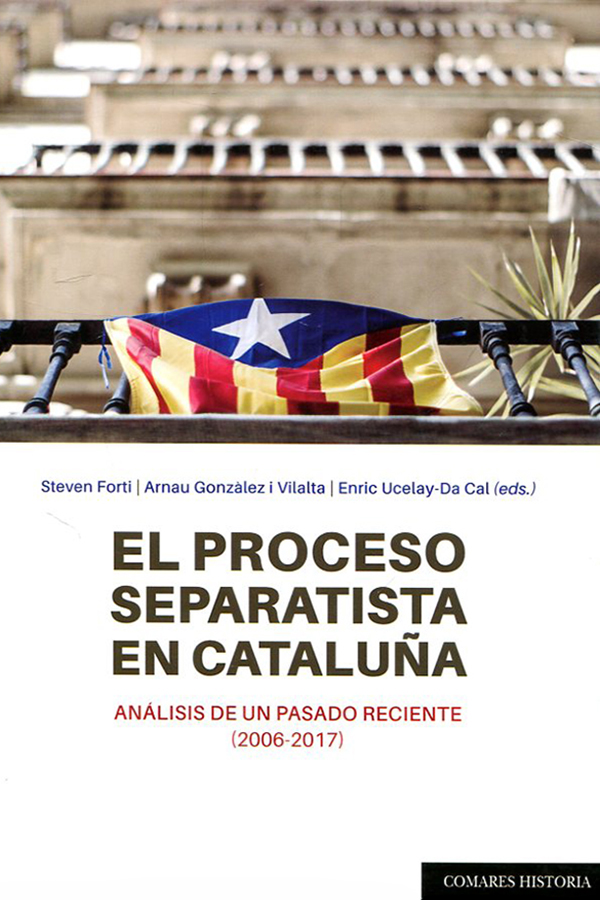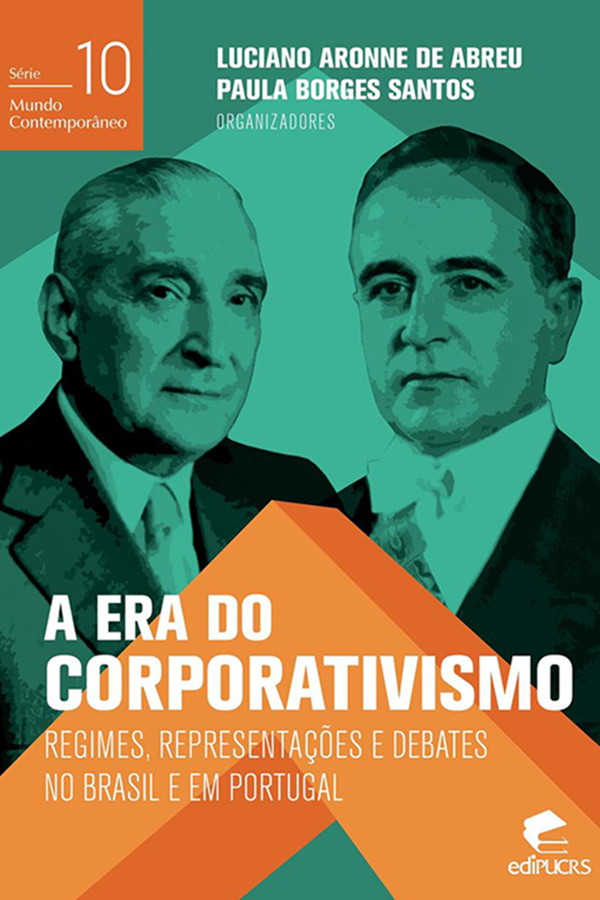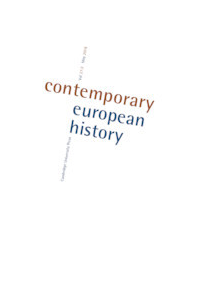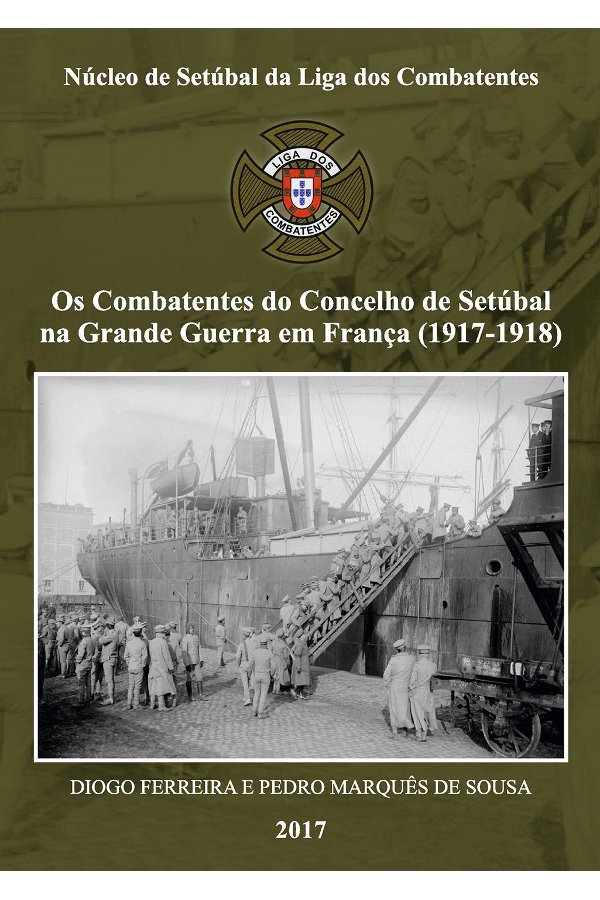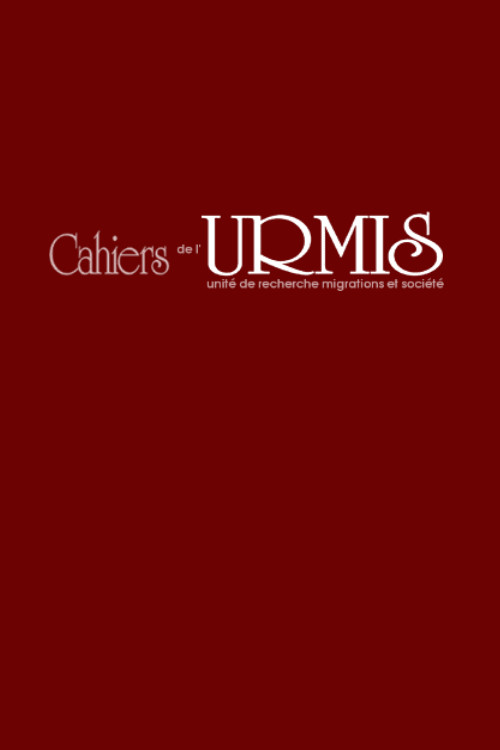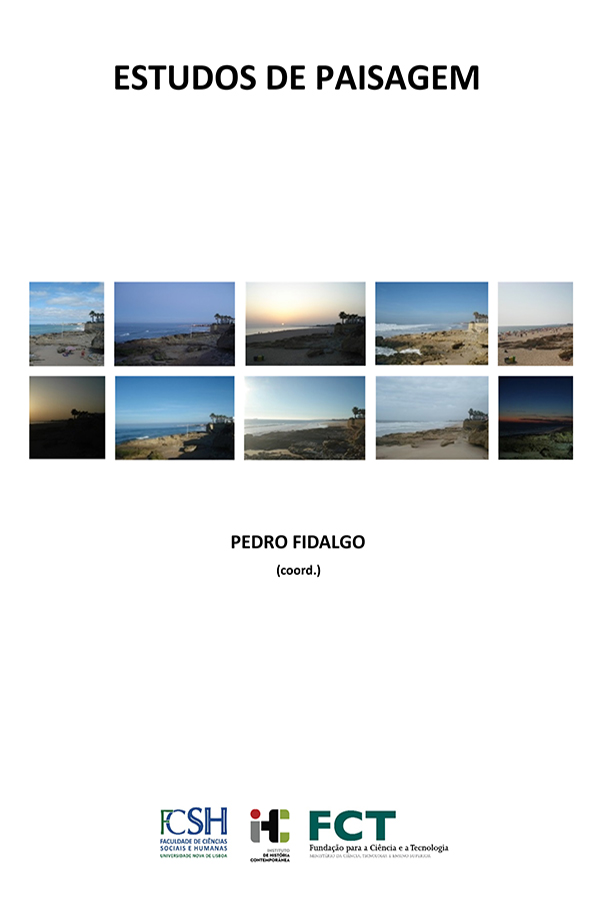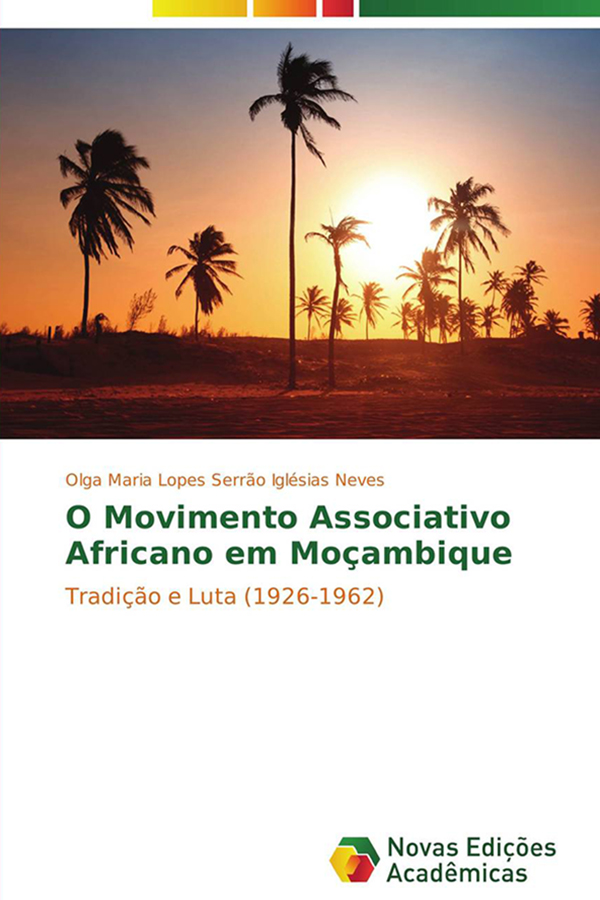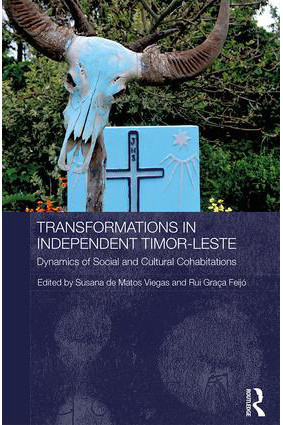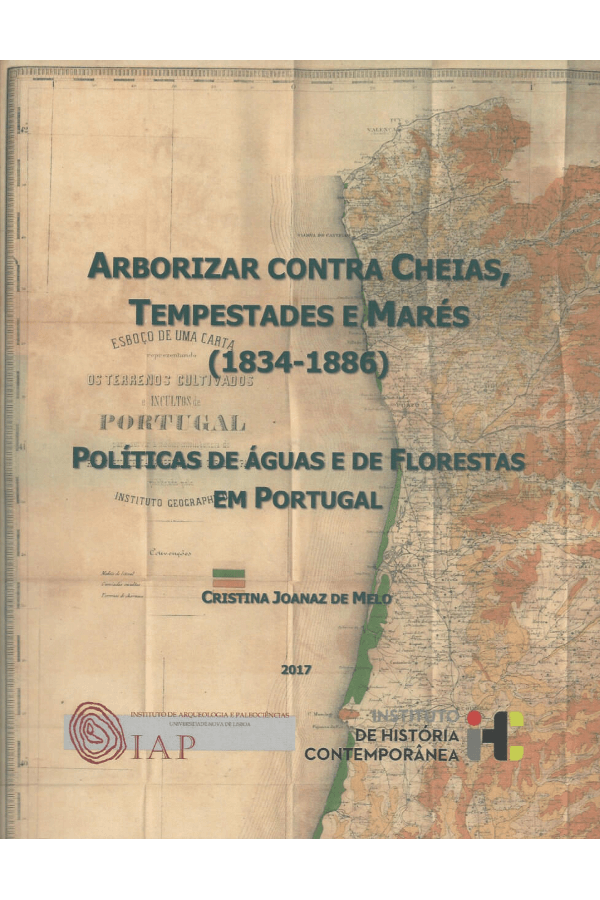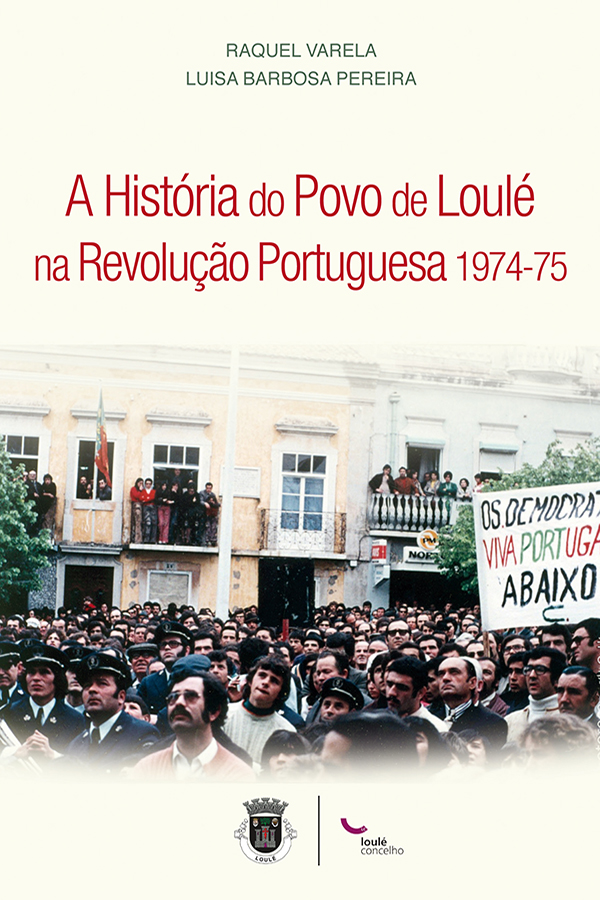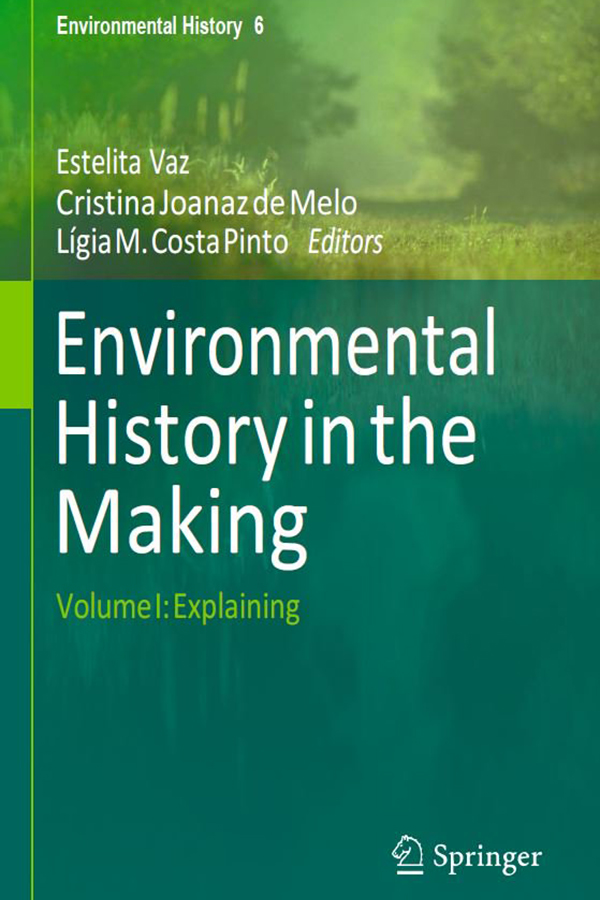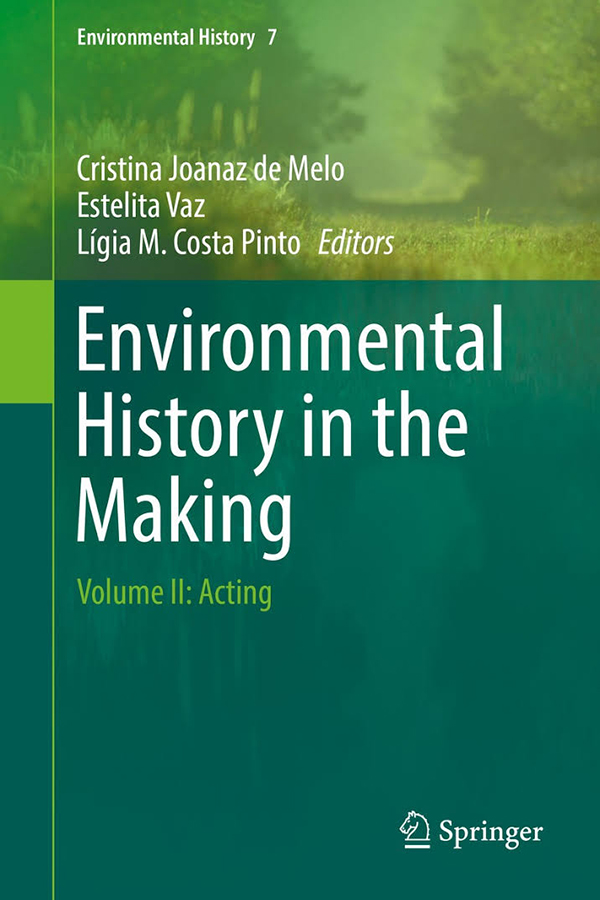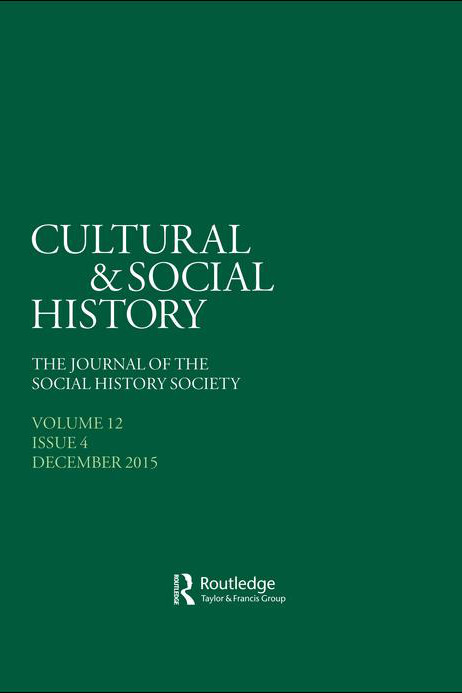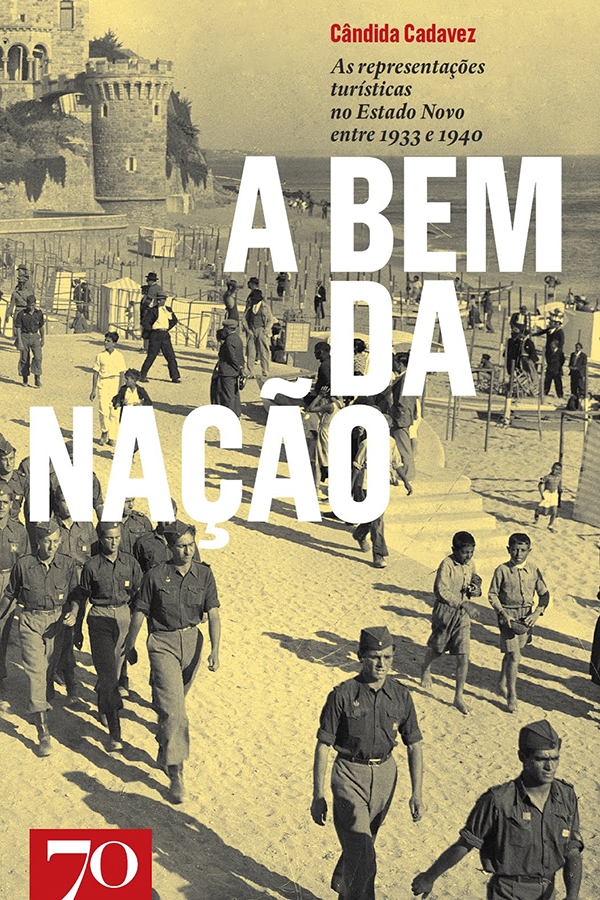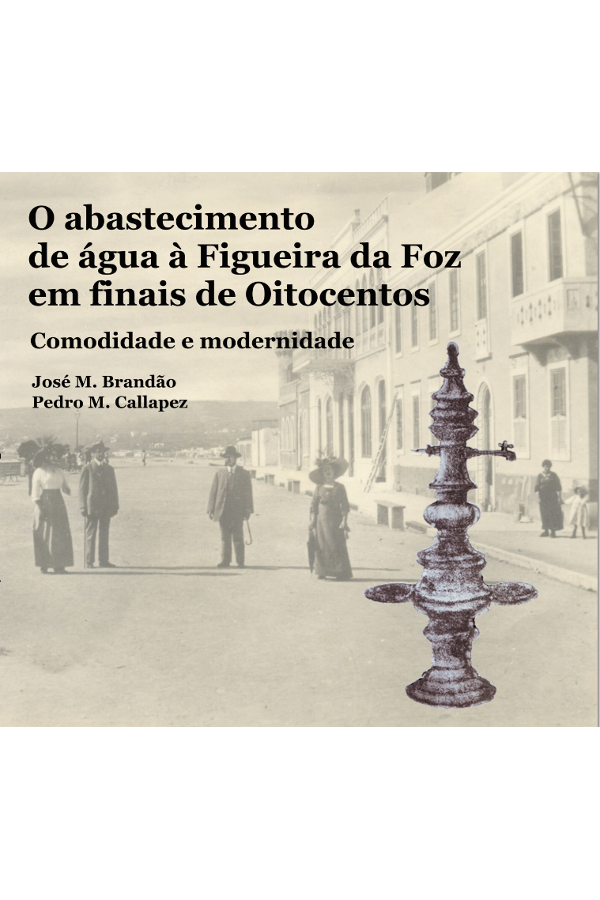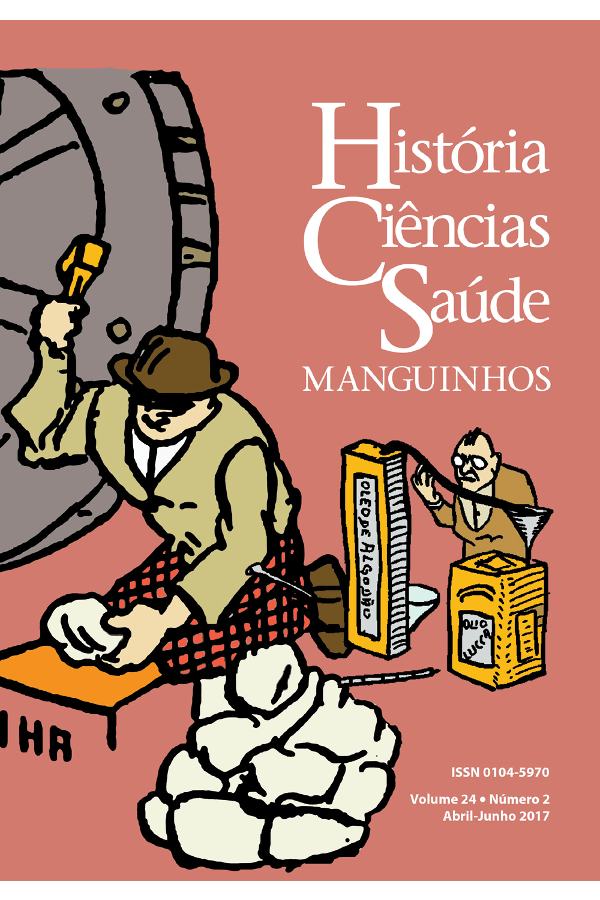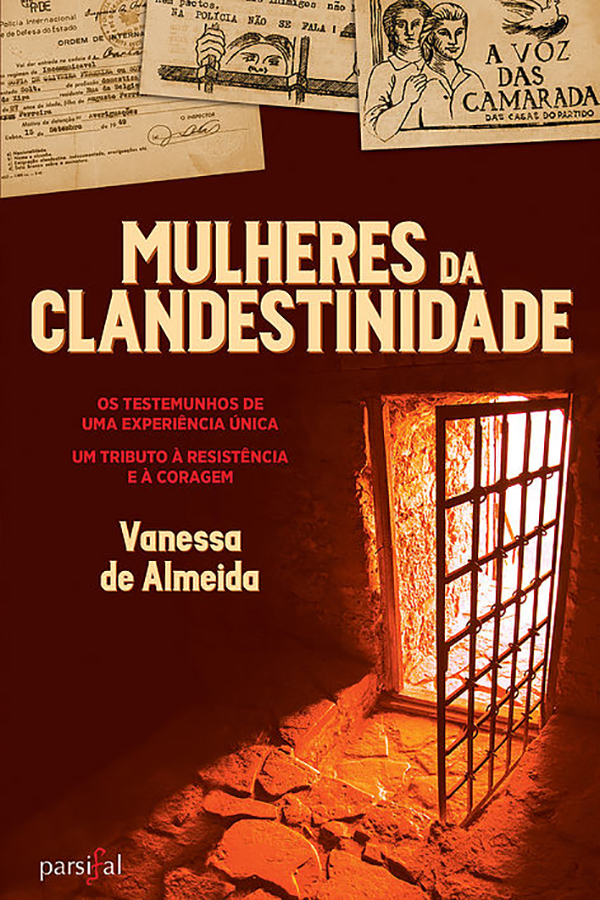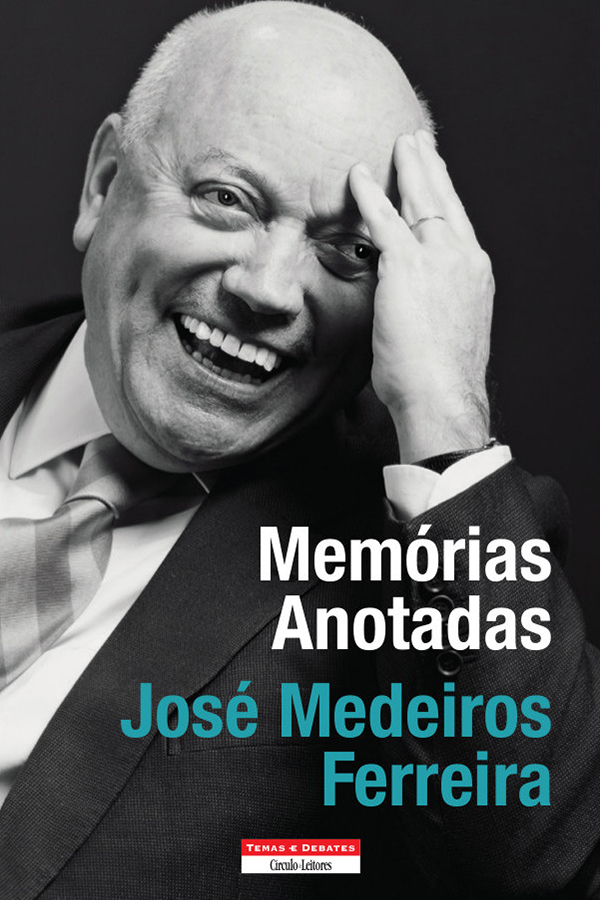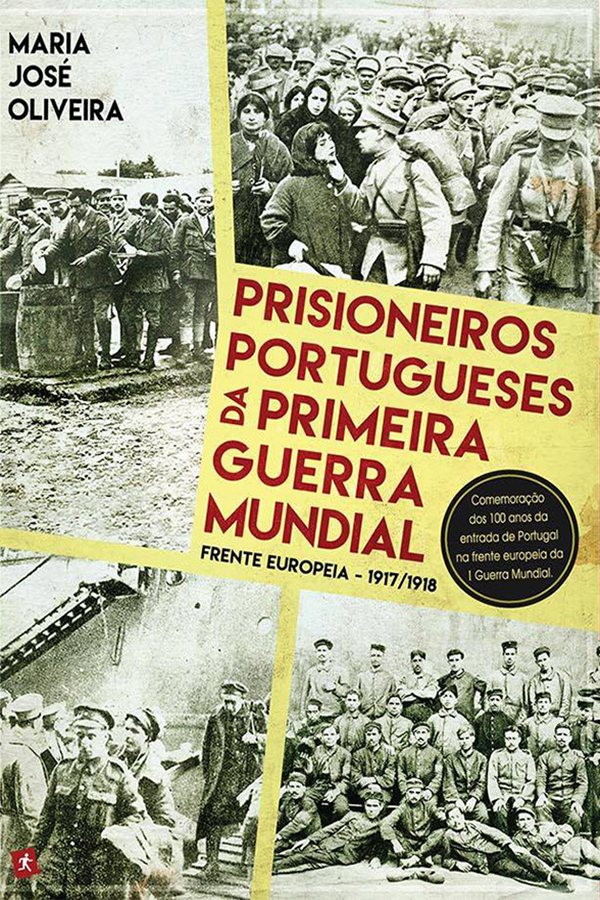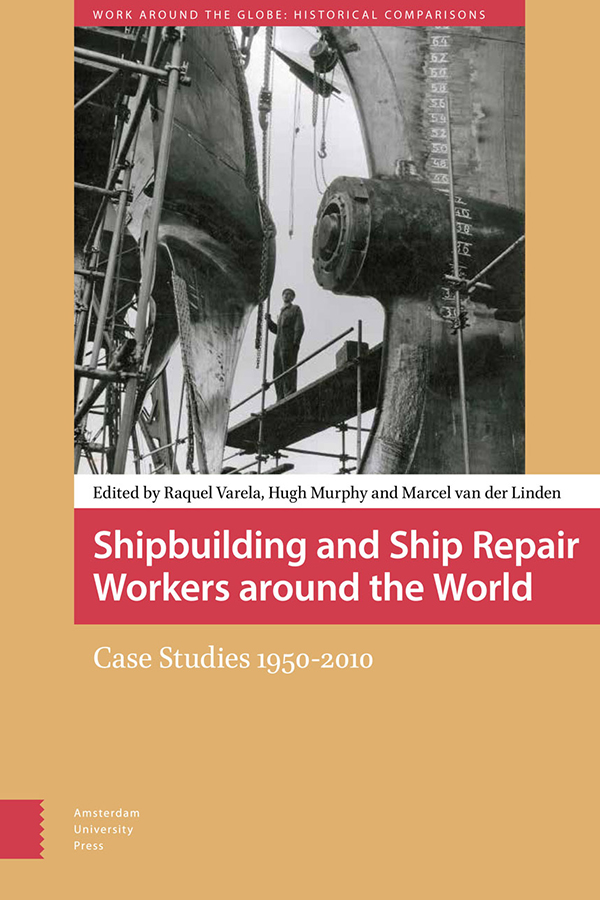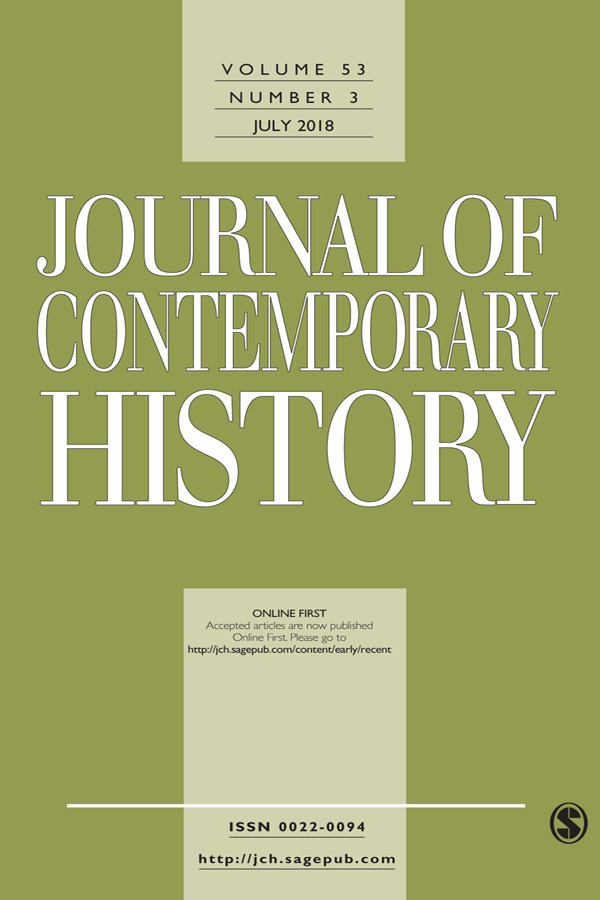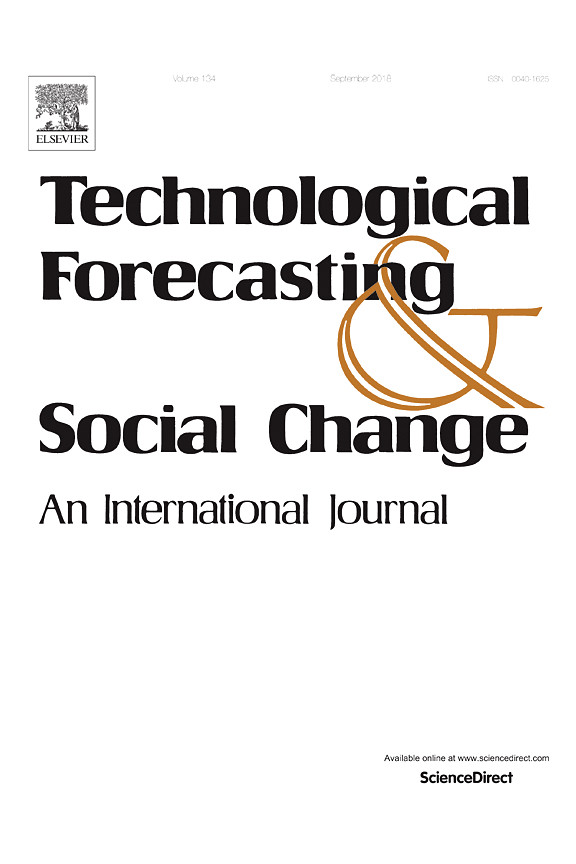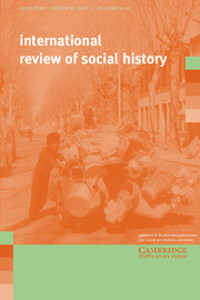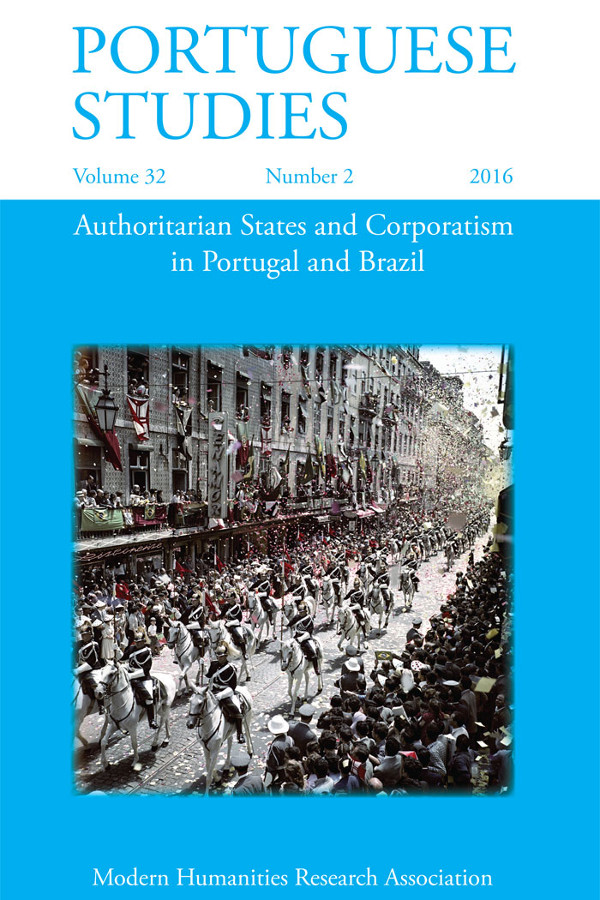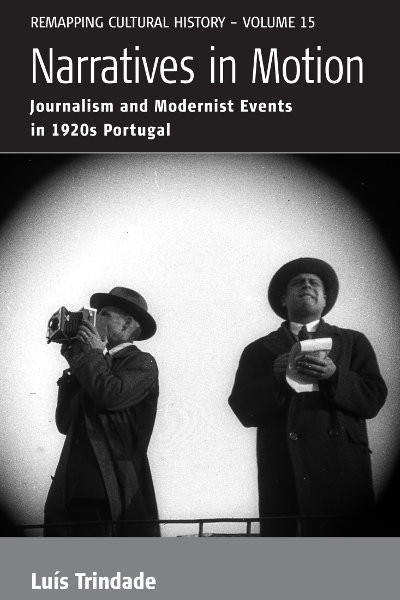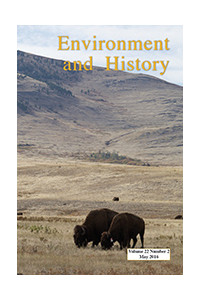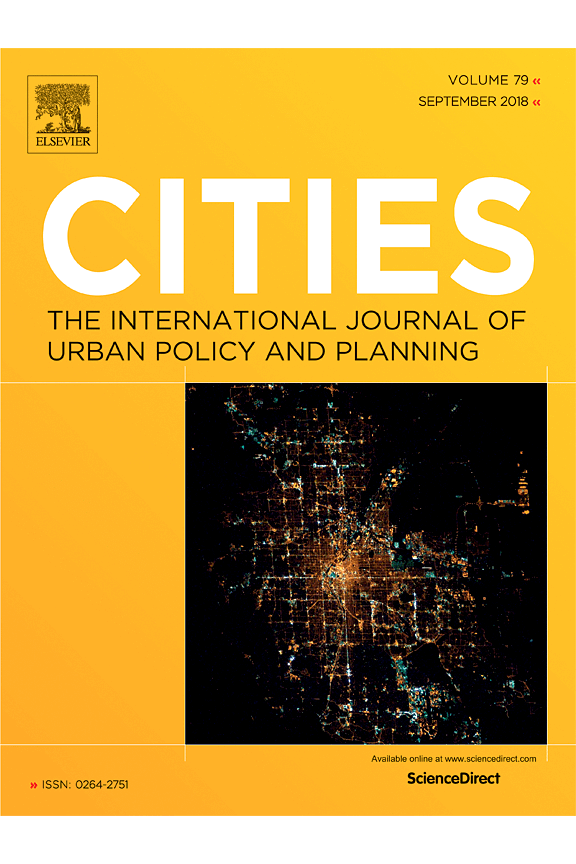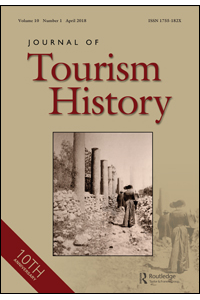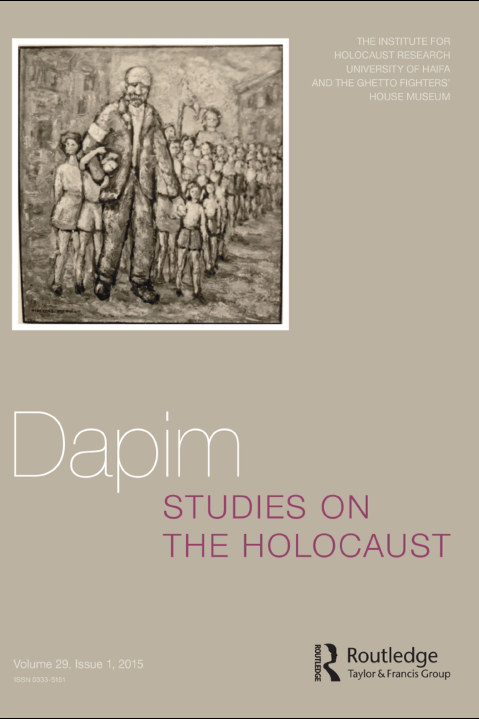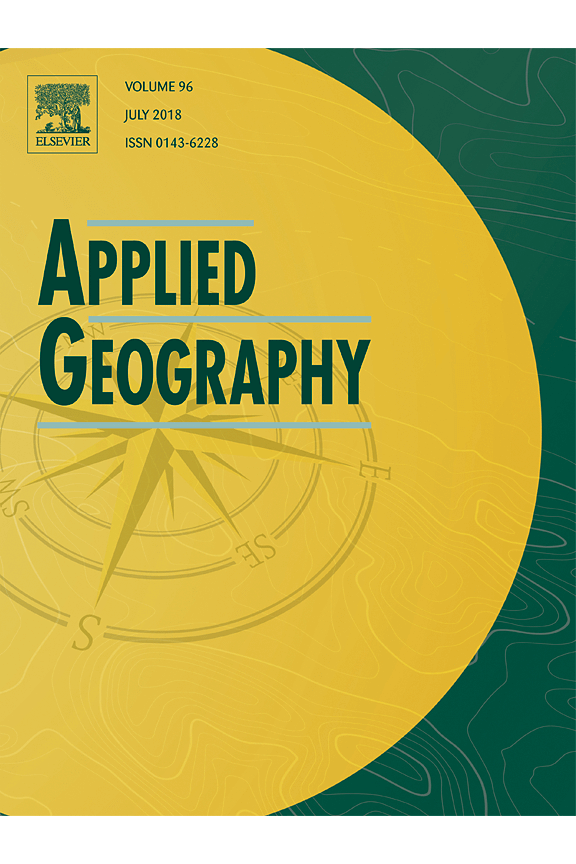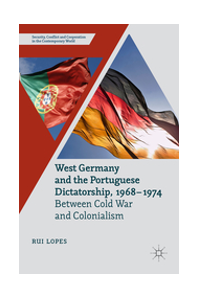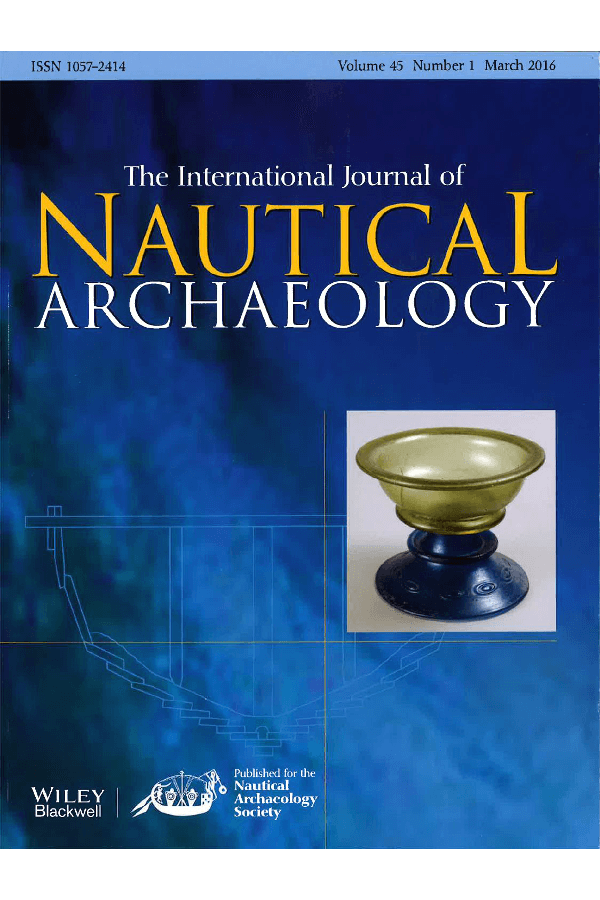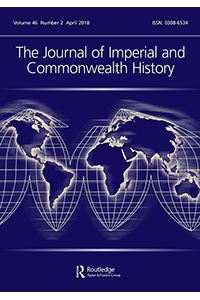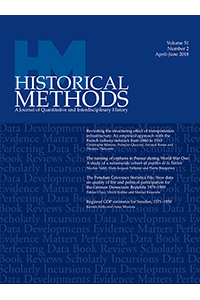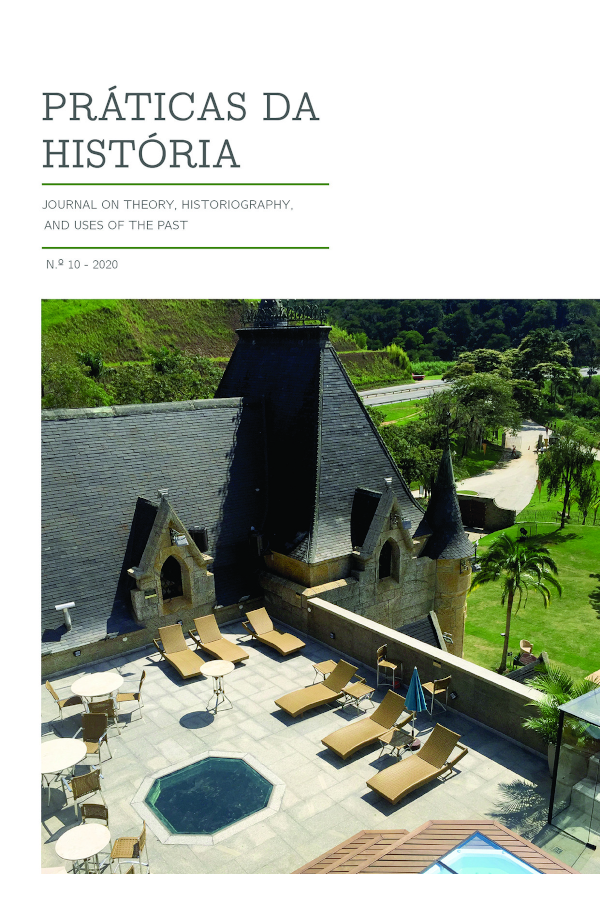
Práticas da História Nº 10
Set 18, 2020 | 2020, Edições, Revista Práticas da História

Práticas da História – Journal on Theory, Historiography and Uses of the Past
- 2020
- Número 10
- ISSN: 2183-590X
- Número especial: Medievalismos luso-tropicais, orientais e pós-luso-tropicais: Encruzilhadas da definição da Idade Média portuguesa como passado do Brasil — Coordenado por Pedro Martins e Maria de Lurdes Rosa
Excerto do Editorial:
Desde o seu terceiro número (2016), a revista Práticas da História tem dedicado especial atenção à questão dos usos e representações da Idade Média – aquilo que vários académicos têm denominado como medievalismo. Autores prolíficos neste campo como Richard Utz, David Matthews, Valentin Groebner, Andrew B. R. Elliott e Tommaso di Carpegna Falconieri têm feito desta publicação um palco para o debate de várias temáticas relacionadas com o medievalismo, desde os usos do passado medieval pelos nacionalismos europeus à relevância das representações da Idade Média na chamada “cultura popular” contem-porânea. Contudo, o interesse pelo medievalismo não decorre apenas do âmbito temático desta publicação ou das preferências pessoais dos seus editores – ele tem, de facto, vindo a crescer. Desde a sua conceção teórica na década de 1970, os estudos sobre medievalismo têm levan-tado uma série de questões que se prendem não só com a própria pro-blematização da ideia de “Idade Média”, mas também com as diversas interpretações sobre este período histórico que têm sido feitas desde que ele foi formulado.
Uma das questões que menos atenção têm recebido, embora recentes trabalhos académicos venham a contrariar esta tendência, é a da relação do medievalismo com os contextos coloniais e pós-coloniais. Autores como John N. Ganim, Louise D’Arcens e Nadia Altschul têm indagado sobre esta relação, particularmente no que toca a temas como a proximidade entre medievalismo e “orientalismo” e a relevância do medievalismo em sociedades pós-coloniais como a Austrália ou os países latino-americanos. Esta reflexão tem mostrado, entre outros aspe-tos, a estreita imbricação entre a evocação da Idade Média e o avanço do imperialismo europeu, dobrado de valores alegadamente éticos, em campos tão pouco óbvios quanto a tal, como a conquista, a dominação, e a conversão das populações à religião cristã. Do ponto de vista das ciências sociais, a perspetiva medievalista trouxe também um enrique-cimento: os estudos pós-coloniais foram interrogados nos seus simplis-mos relativos à Idade Média; o “orientalismo” foi dotado de um passado mais antigo e uma história mais complexa; o estudo da ideia de raça ganhou em profundidade histórica. Por fim, o estudo da constituição académica e cultural da Idade Média enquanto momento fundador do passado europeu, para as nações oitocentistas, desenvolveu-se nos últimos anos numa não menos interessante direção – a forma como as colónias destas nações, e depois os países delas nascidos, inventaram também um passado medieval, através dele recusando as origens não europeias, pré-coloniais. Mesmo se nem sempre tal passado foi visto de forma positiva – como aconteceu em certos contextos brasileiros –, só muito recentemente (e parcialmente) ele começou a ser interrogado como (mais um) um passado imaginário, permitindo a integração dos povos nativos na história desses países.
Pedro Martins (IHC — NOVA FCSH) e Maria de Lurdes Rosa (IEM — NOVA FCSH)
Outras publicações
Pesquisa
Agenda
julho, 2024
Tipologia do Evento:
Todos
Todos
Apresentação
Ciclo
Colóquio
Conferência
Congresso
Curso
Debate
Encontro
Exposição
Inauguração
Jornadas
Lançamento
Mesa-redonda
Mostra
Open calls
Outros
Palestra
Roteiro
Seminário
Sessão de cinema
Simpósio
Workshop
- Event Name
seg
ter
qua
qui
sex
sab
dom
1
2
3
4
5
6
7
8
9
10
11
12
13
14
15
16
17
18
19
20
21
22
23
24
25
26
27
28
29
30
31
Não Existem Eventos
Notícias
InDigit — Elisabete Pereira co-coordena projecto exploratório do IN2PAST
Jul 26, 2024
Revelados os resultados do terceiro concurso de projectos exploratórios do IN2PAST, InDigit foi um dos aprovados
Rui Lopes estreia filme-ensaio “Aventuras no Império”
Jul 25, 2024
O filme-ensaio escrito e realizado por Rui Lopes estreou no espaço Fidelidade Arte Lisboa
Cláudia Ninhos é a curadora do novo Museu Aristides de Sousa Mendes
Jul 18, 2024
O museu é inaugurado a 19 de Julho

































